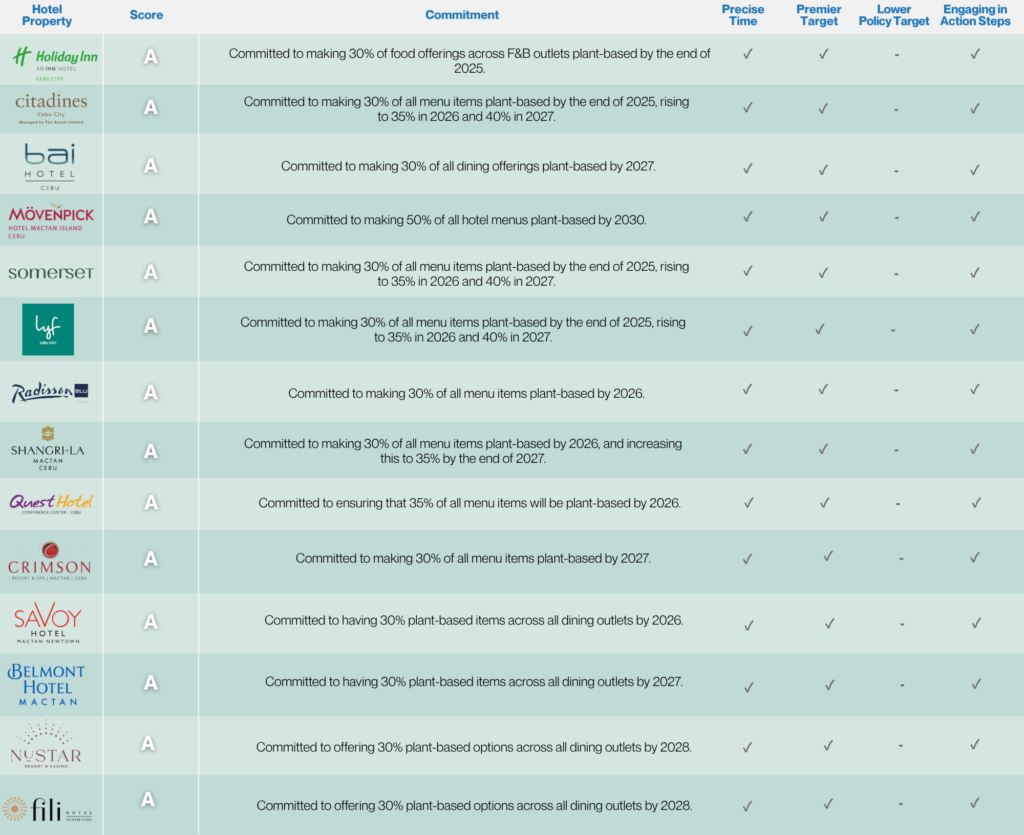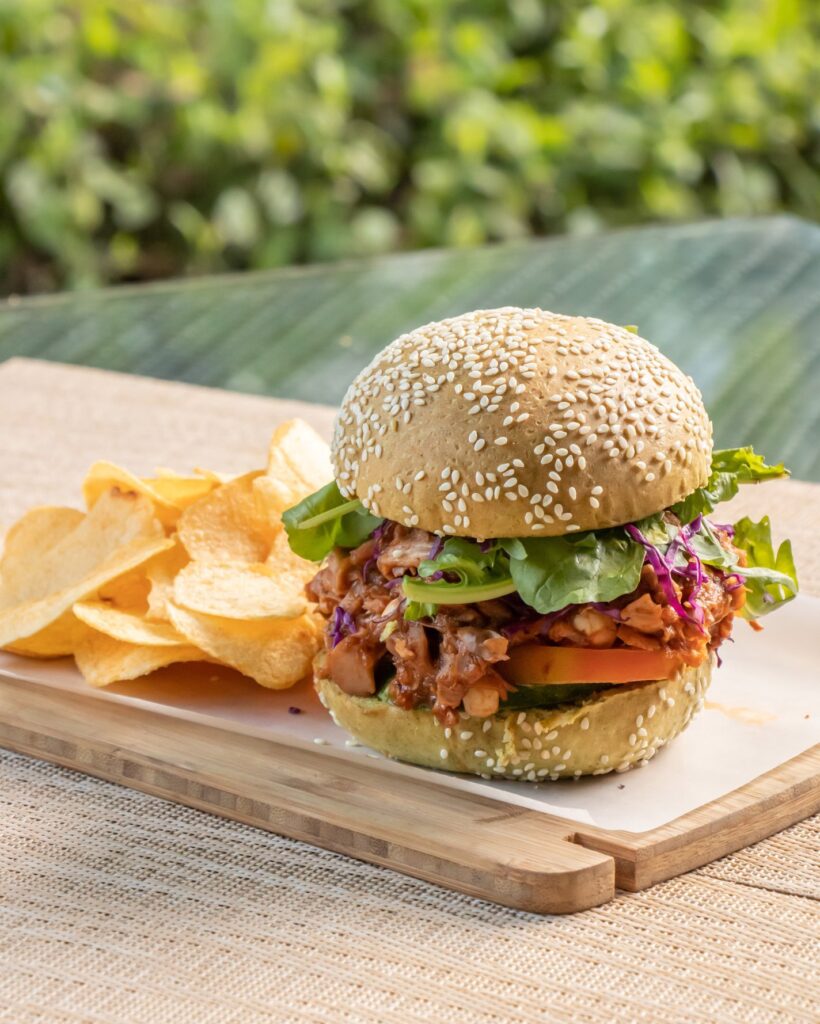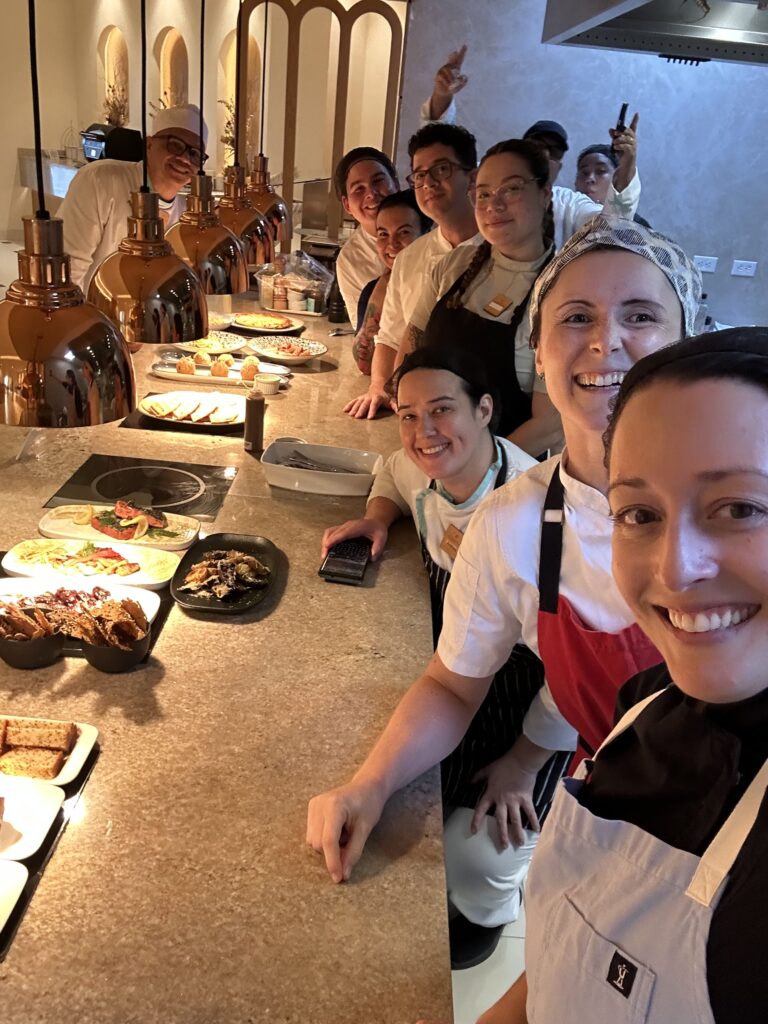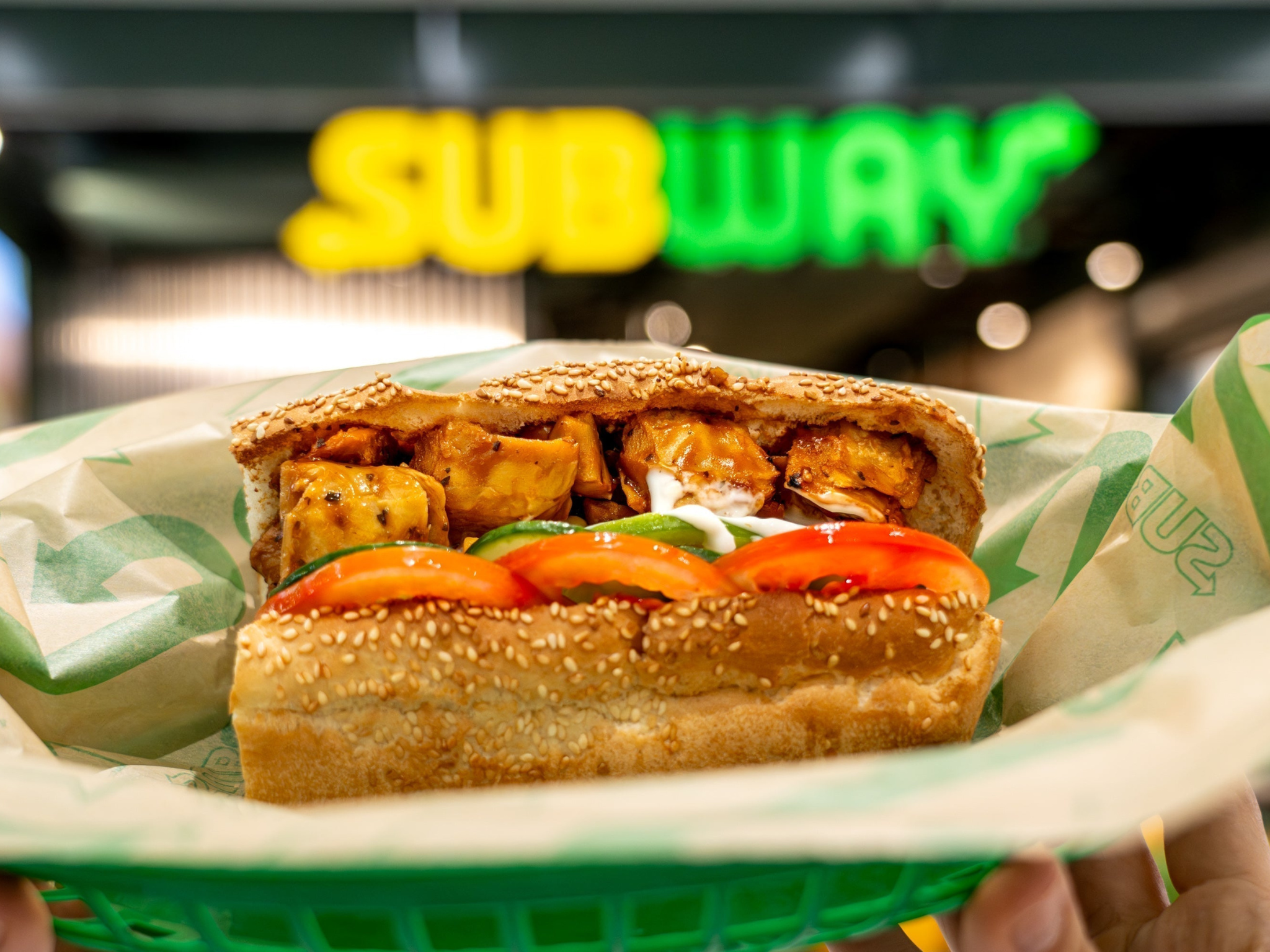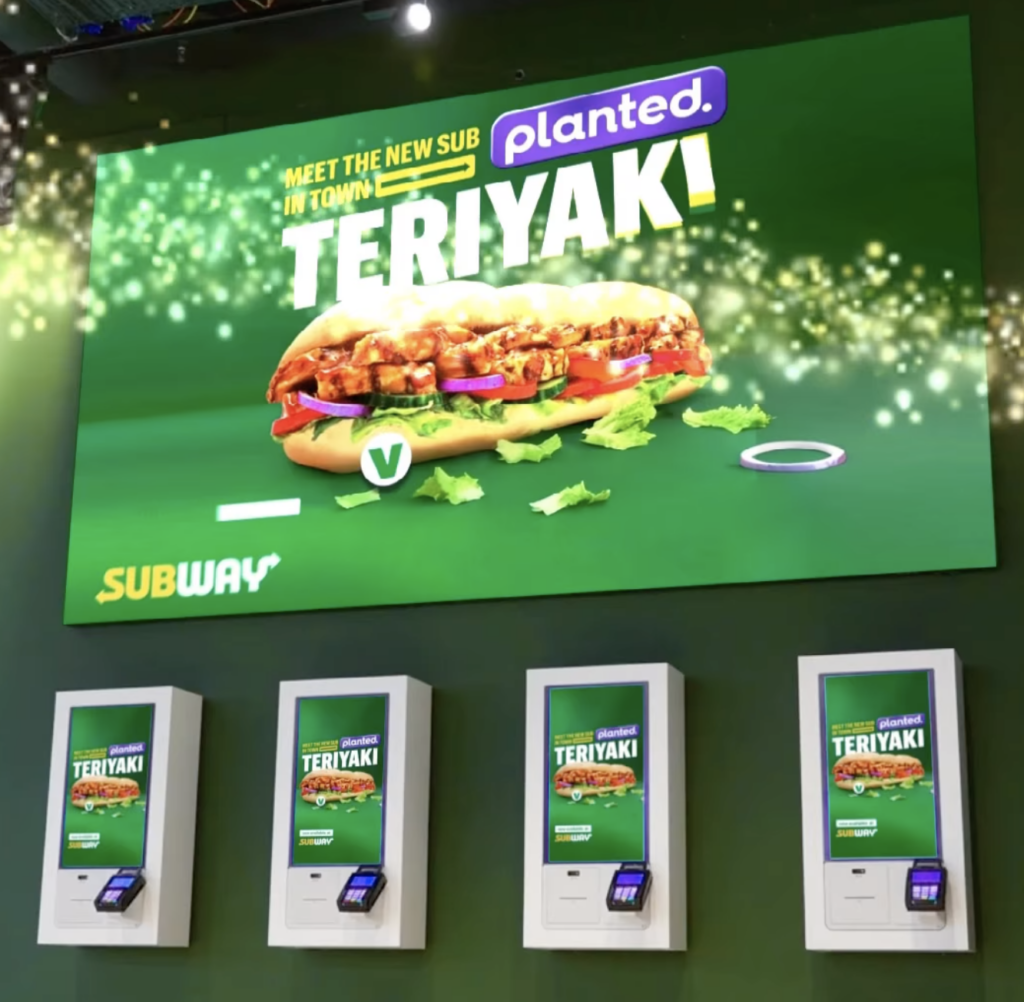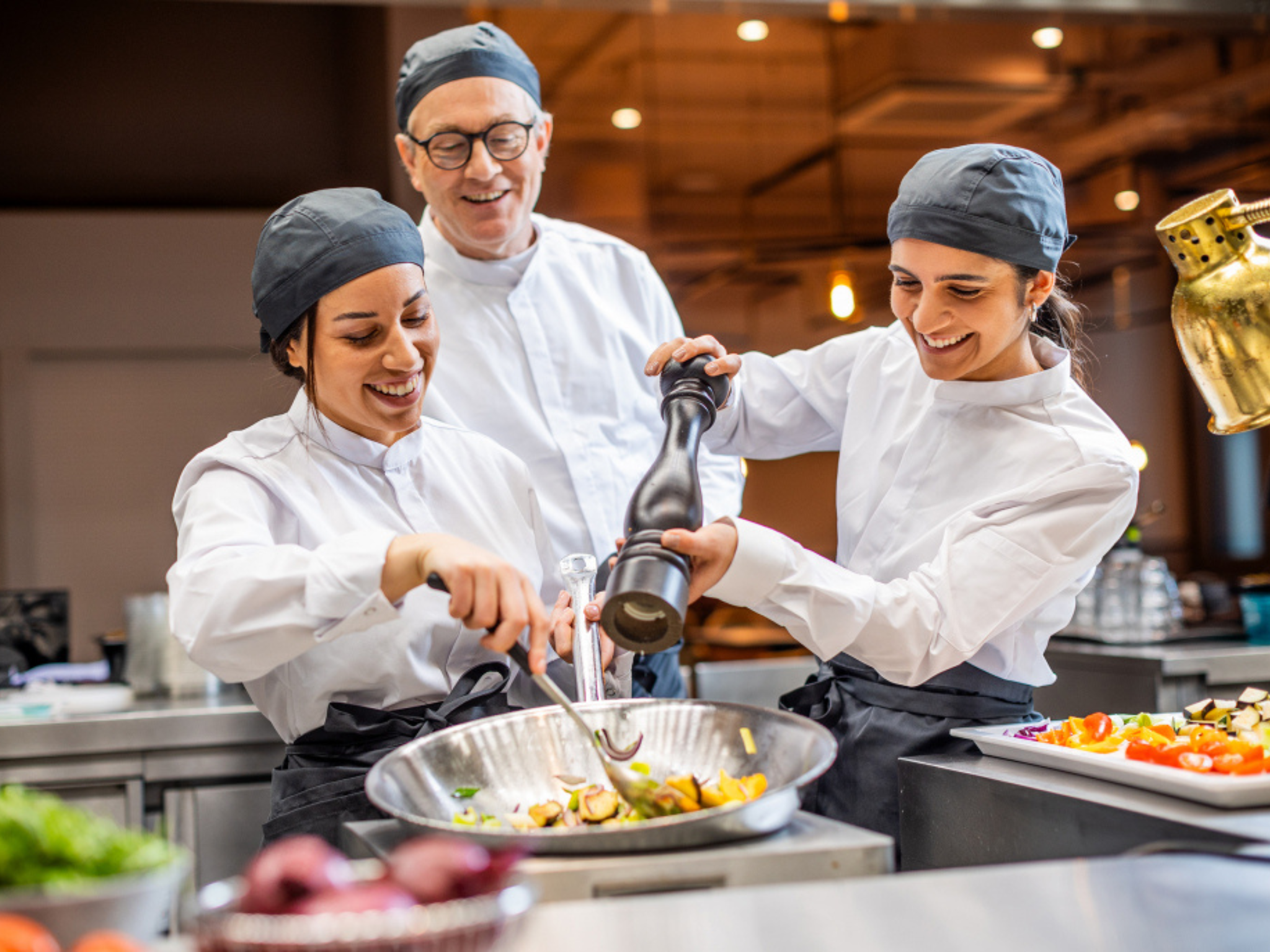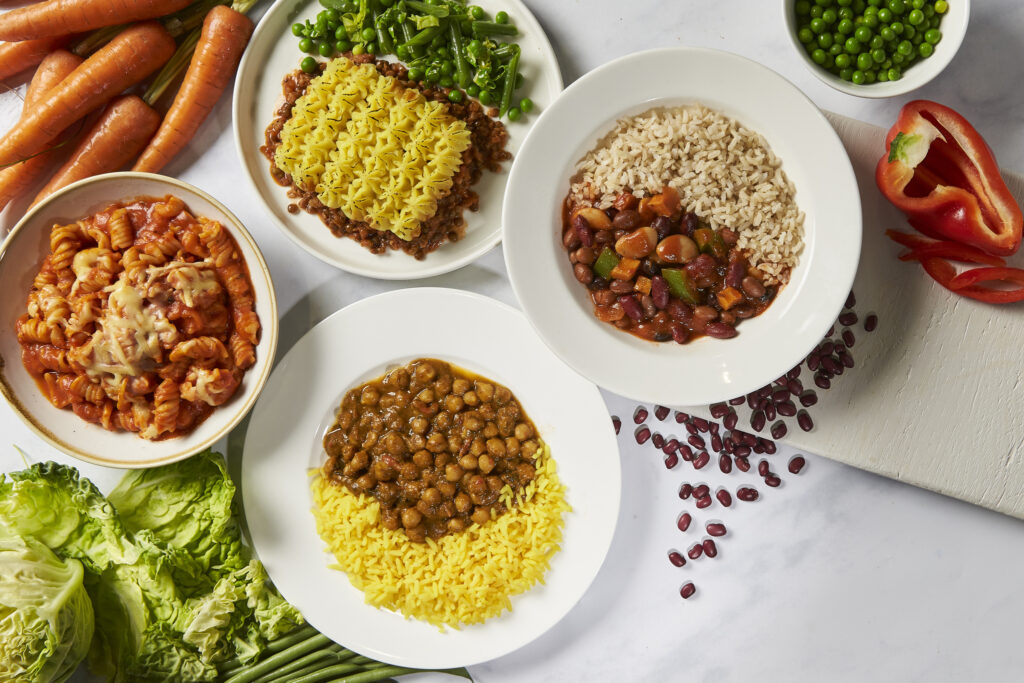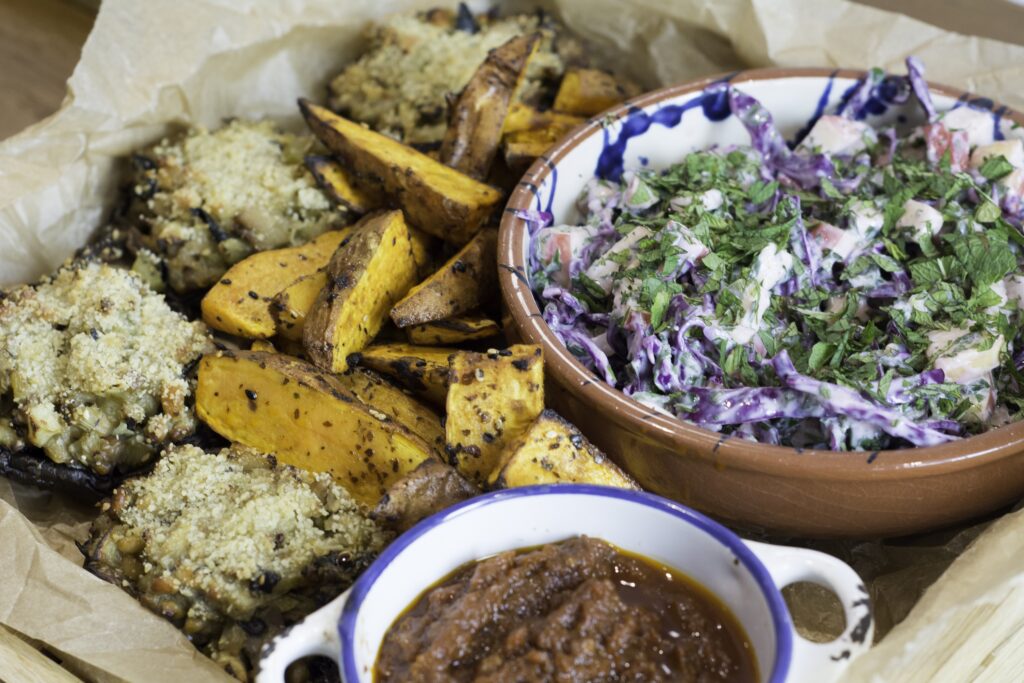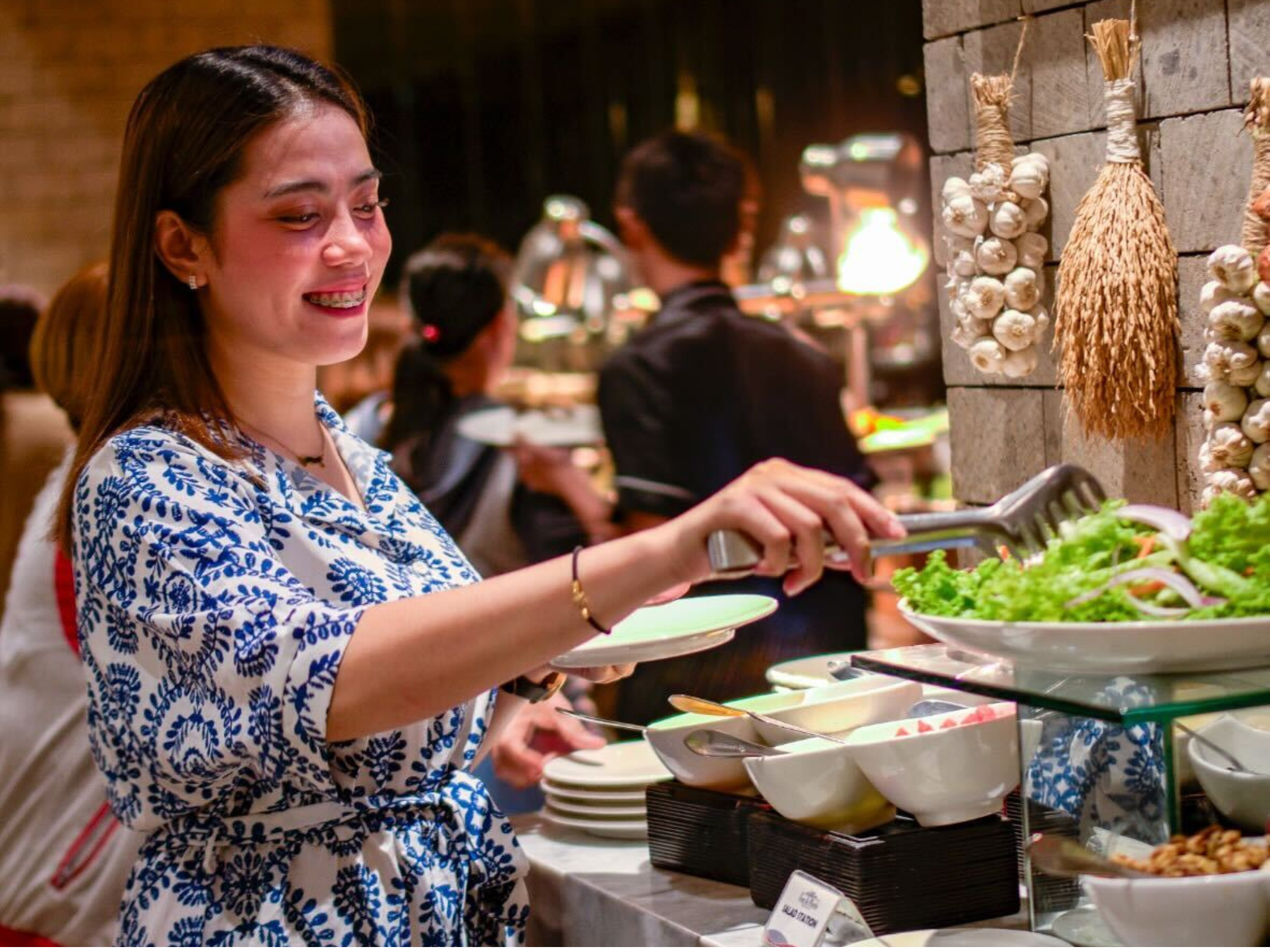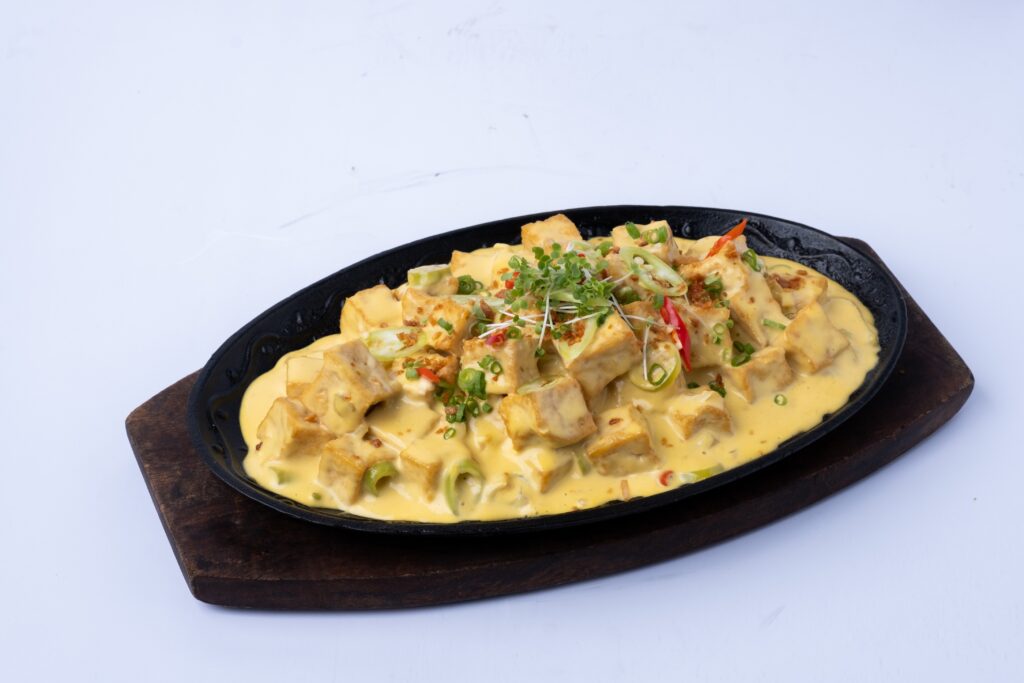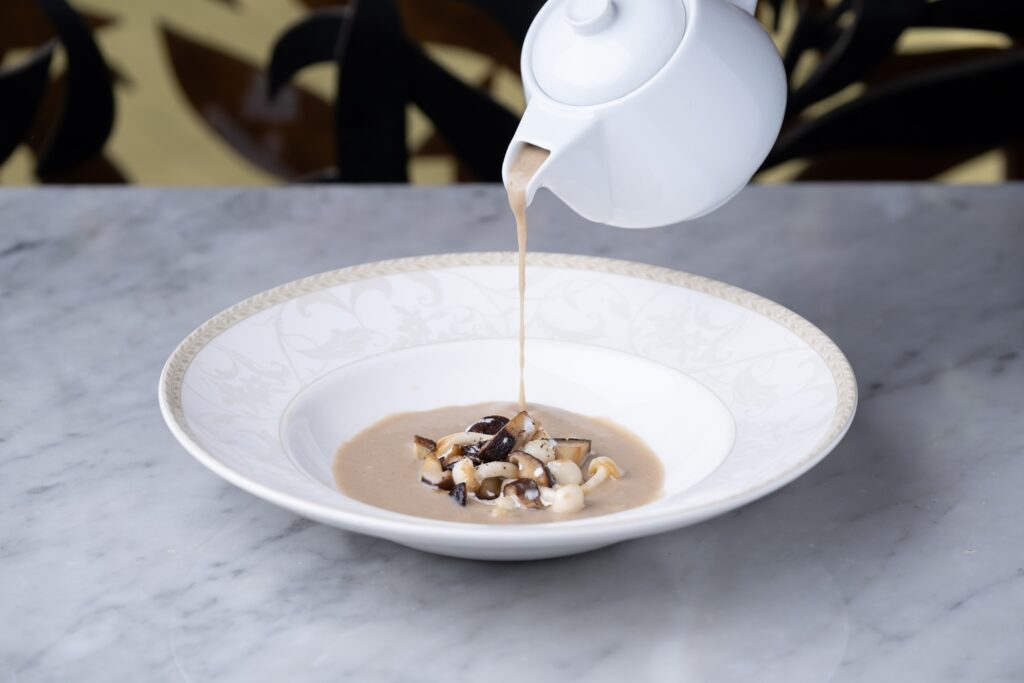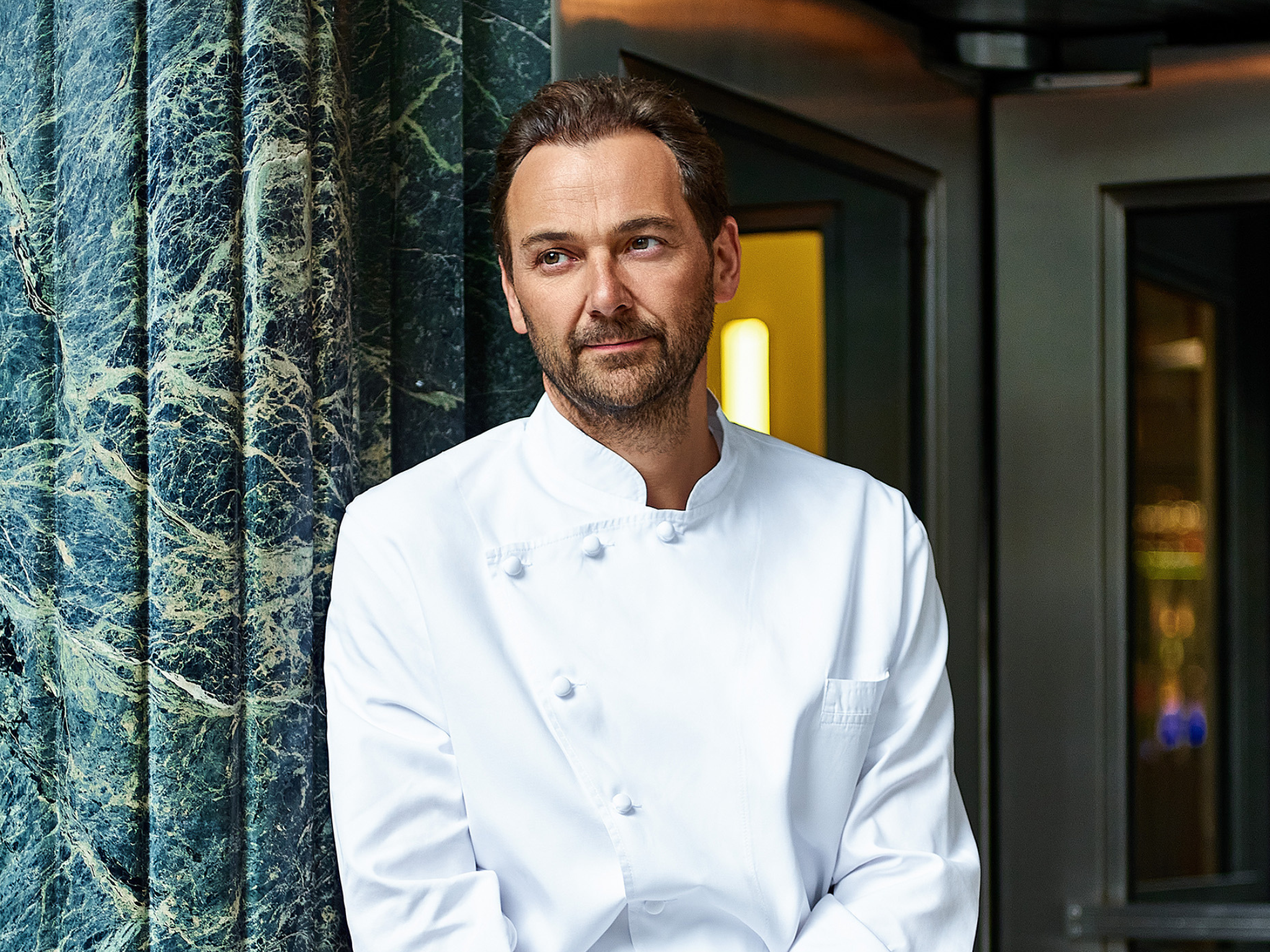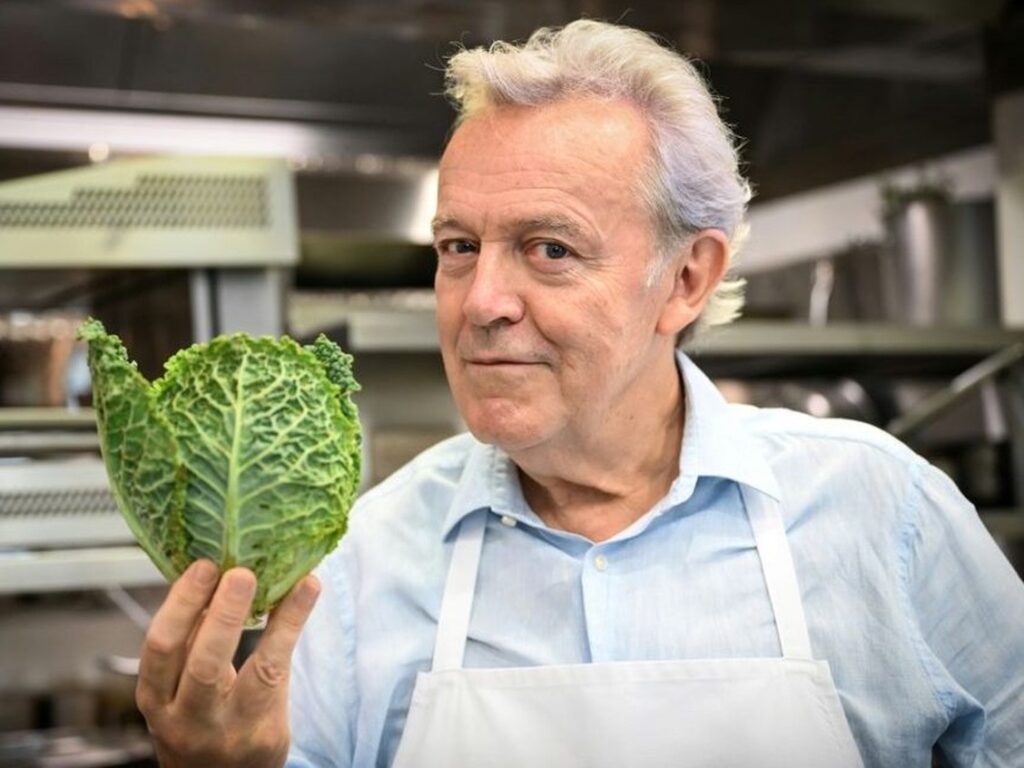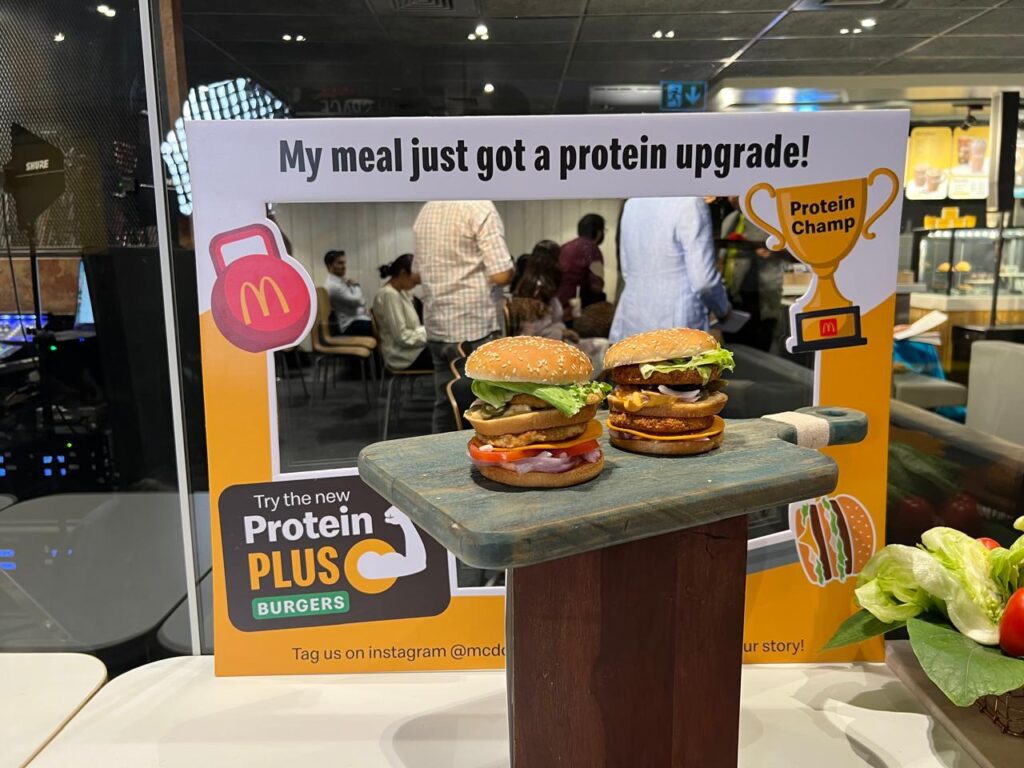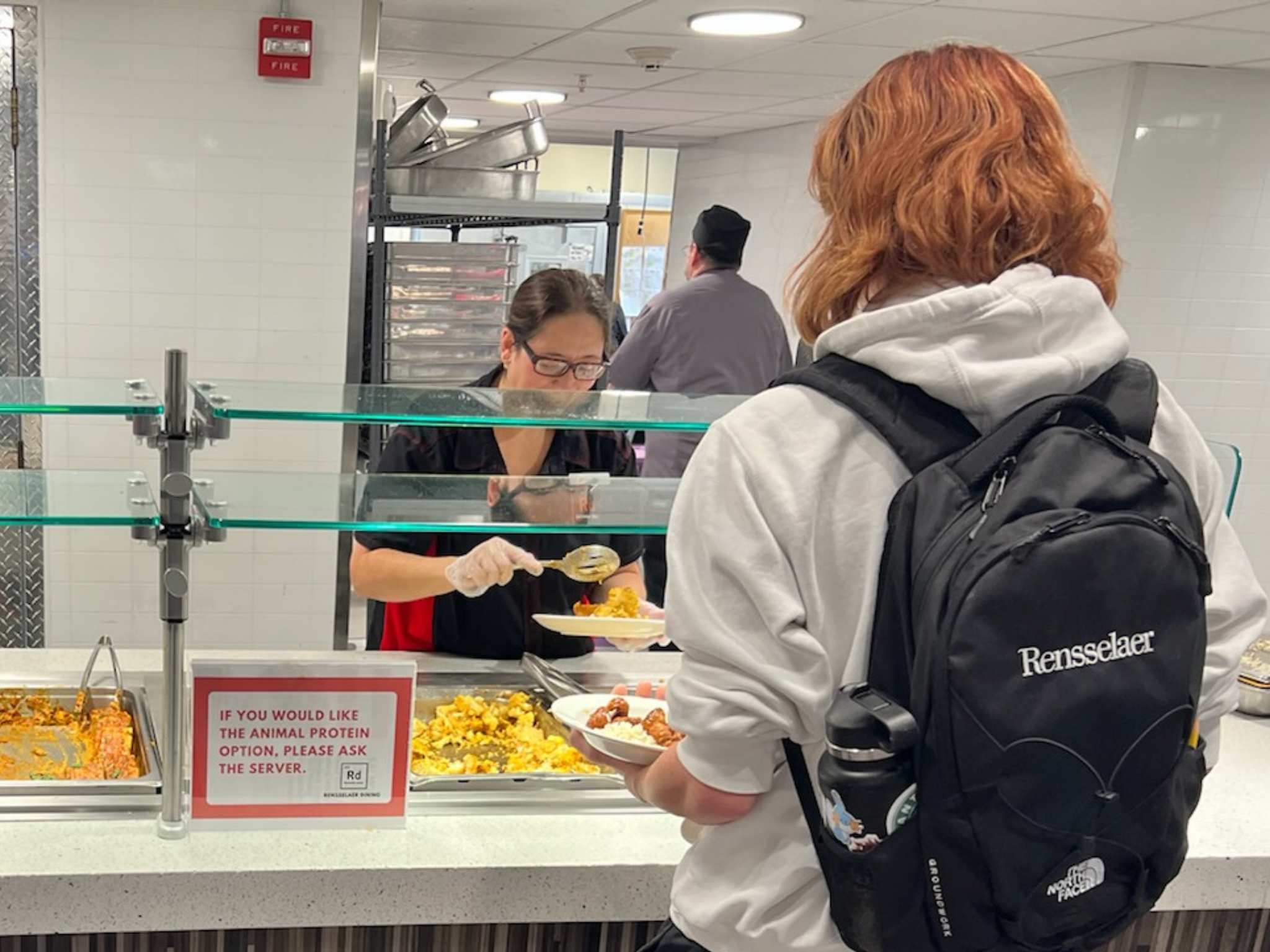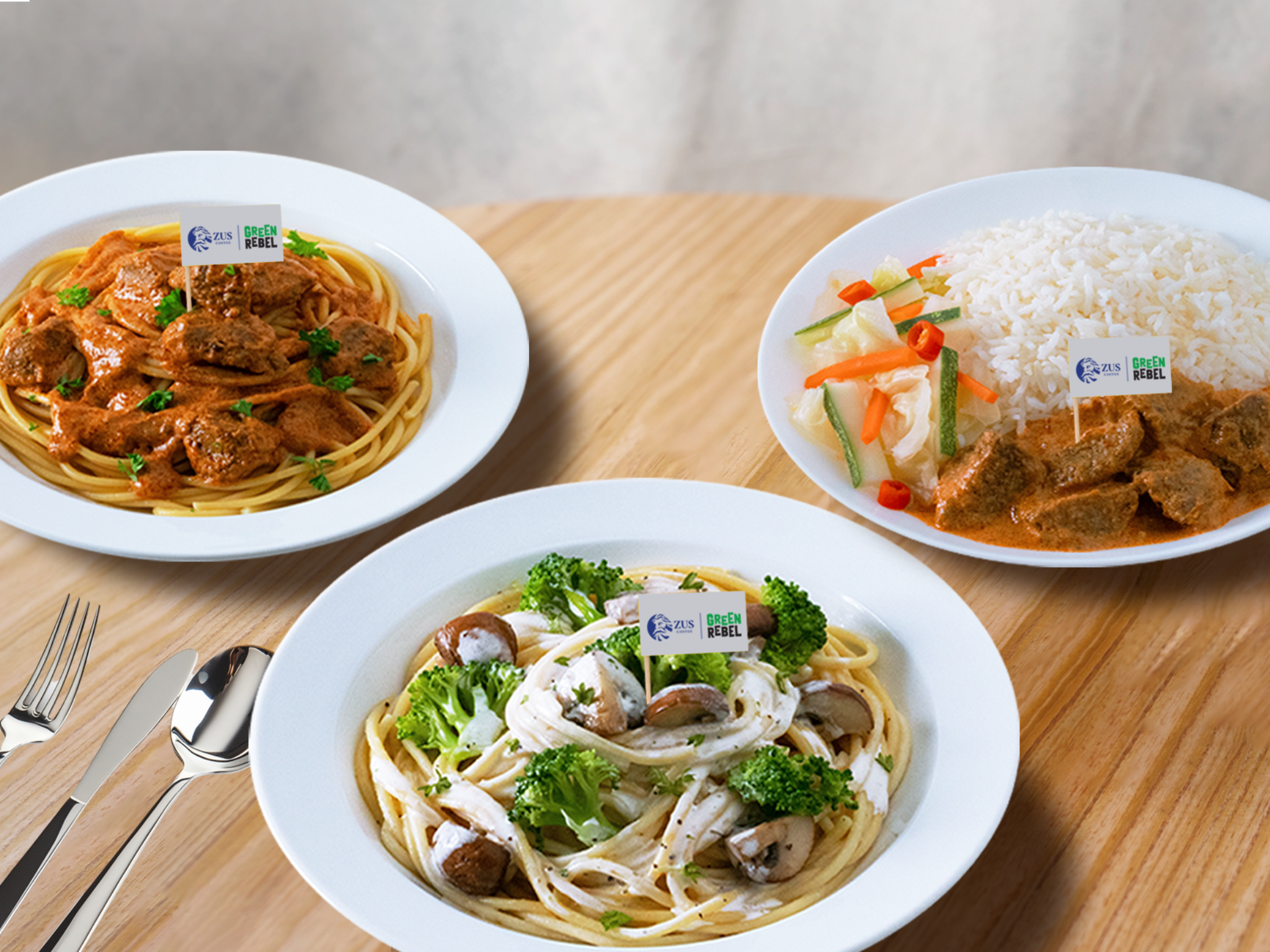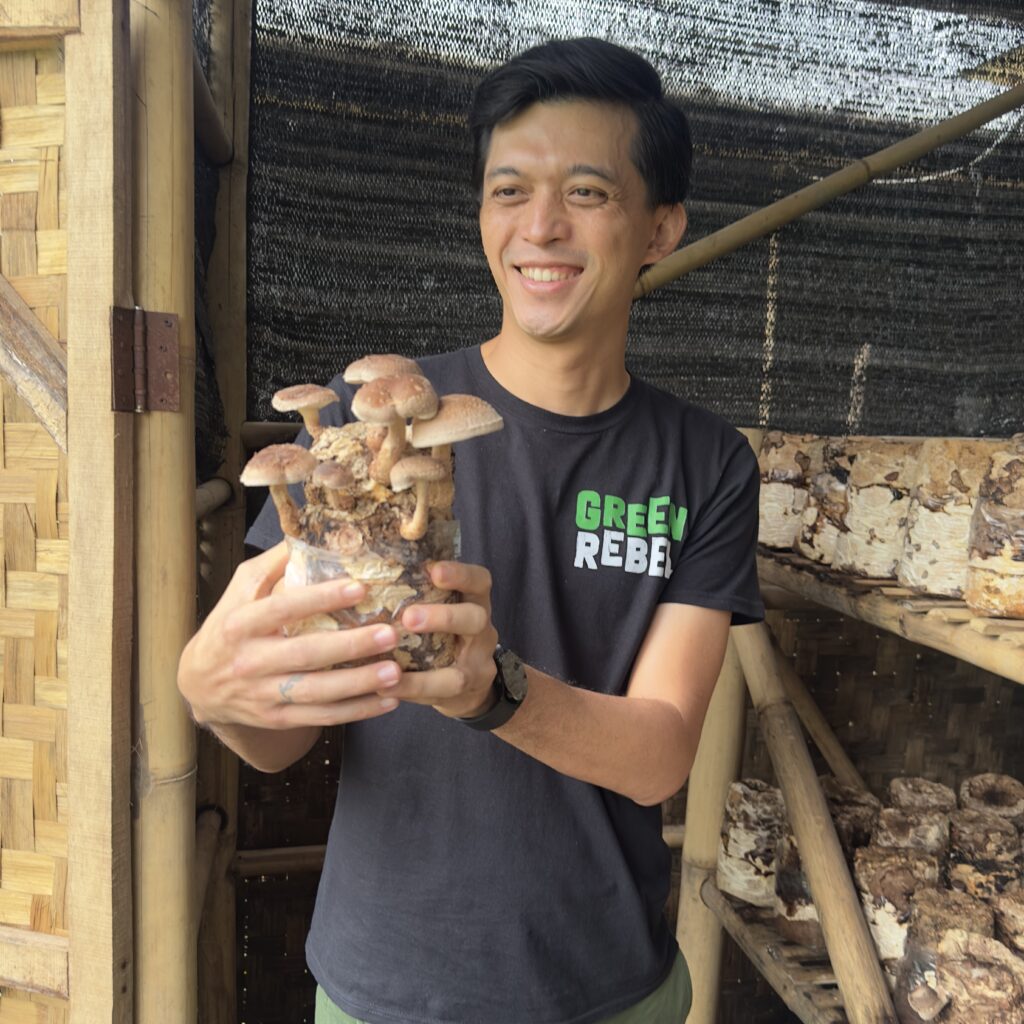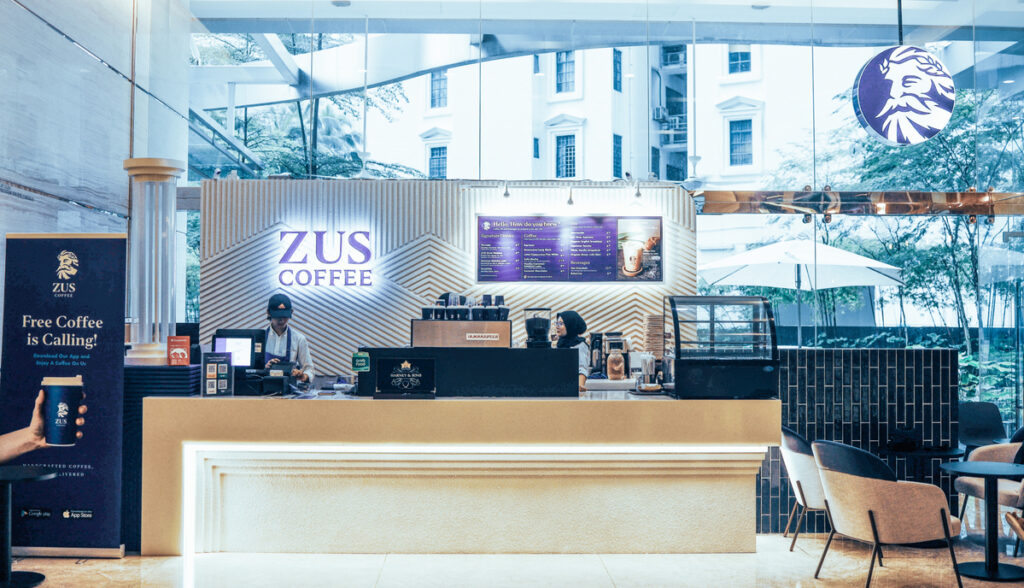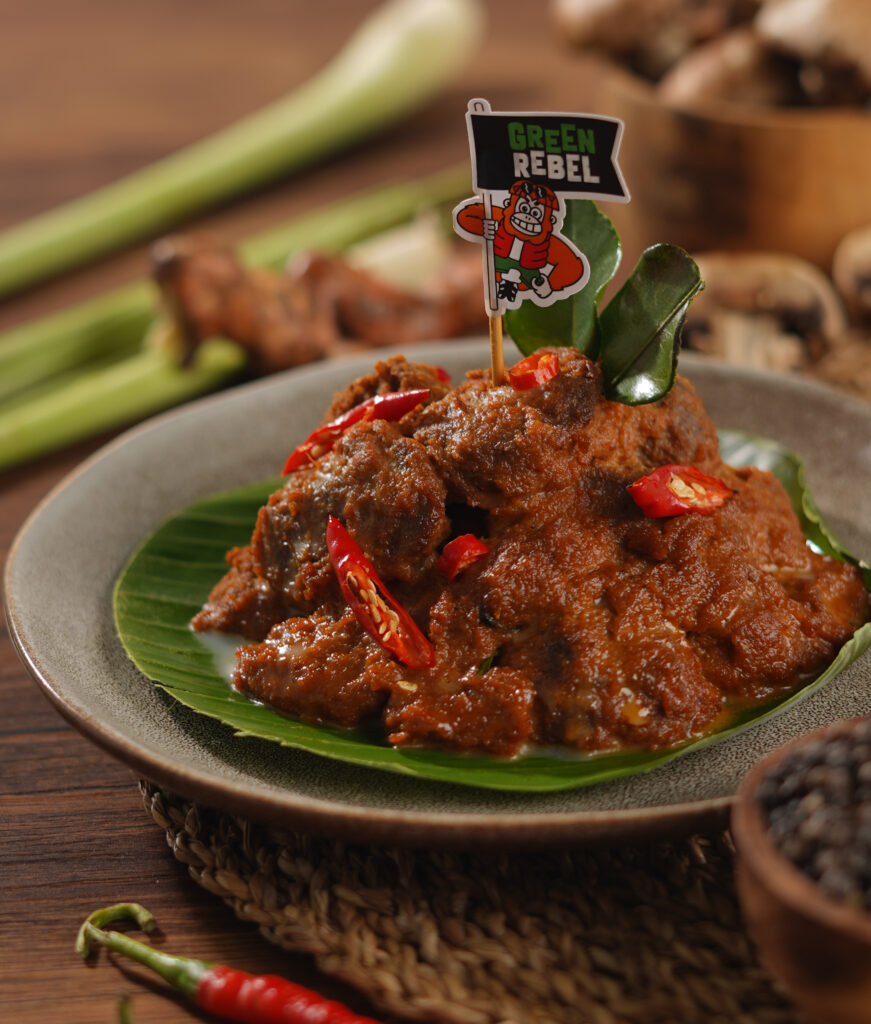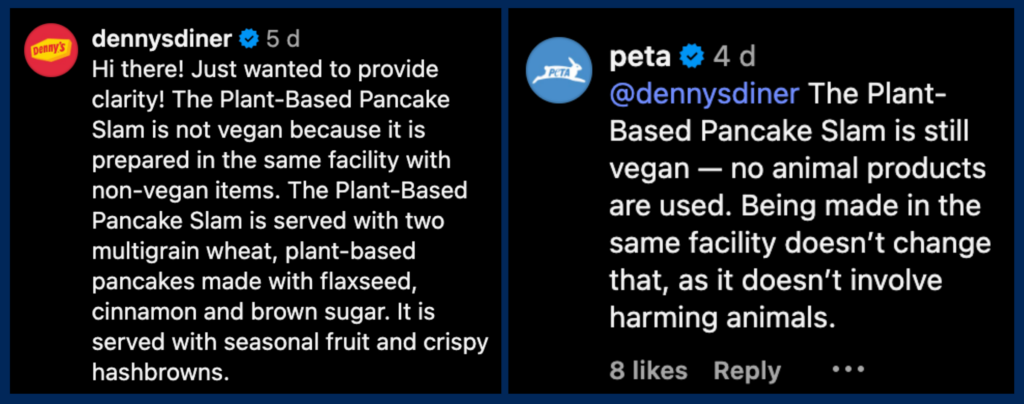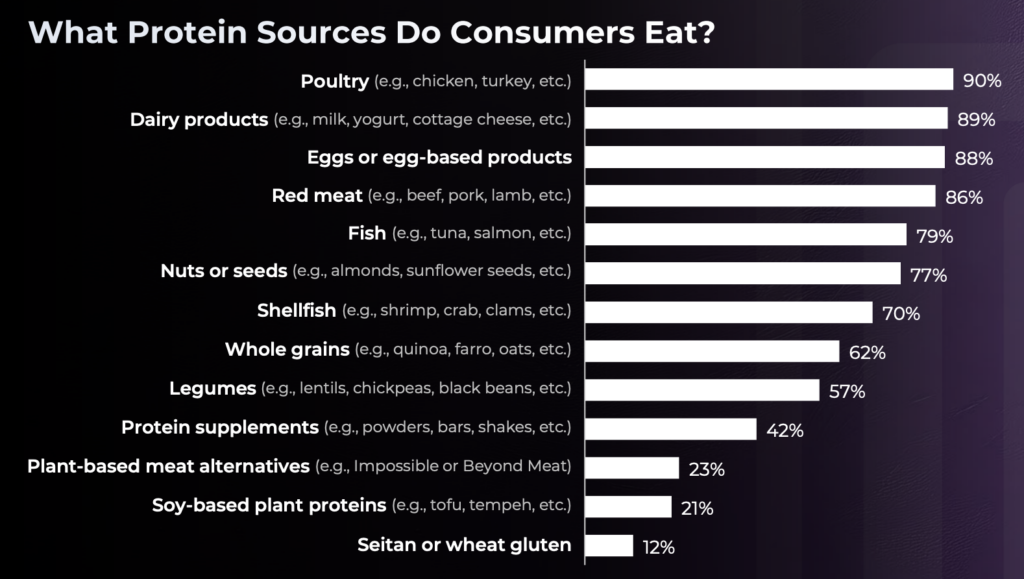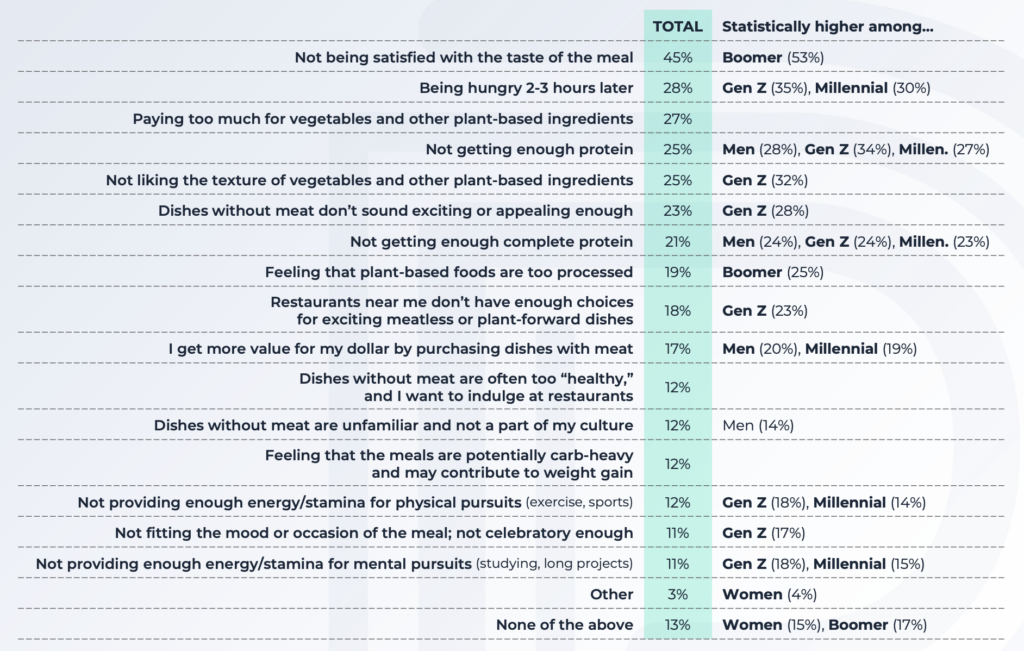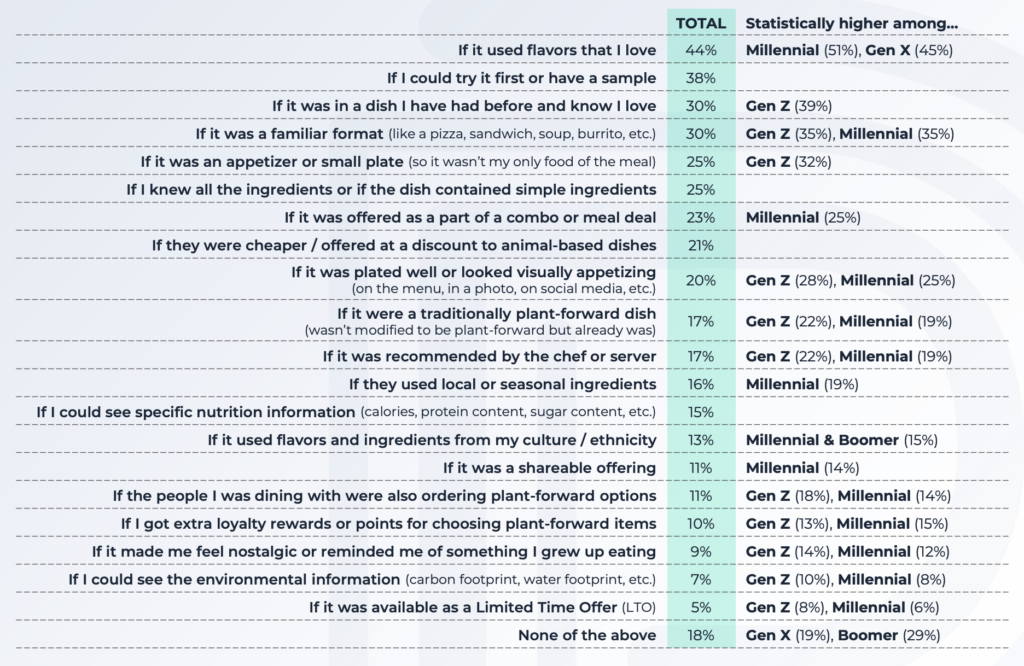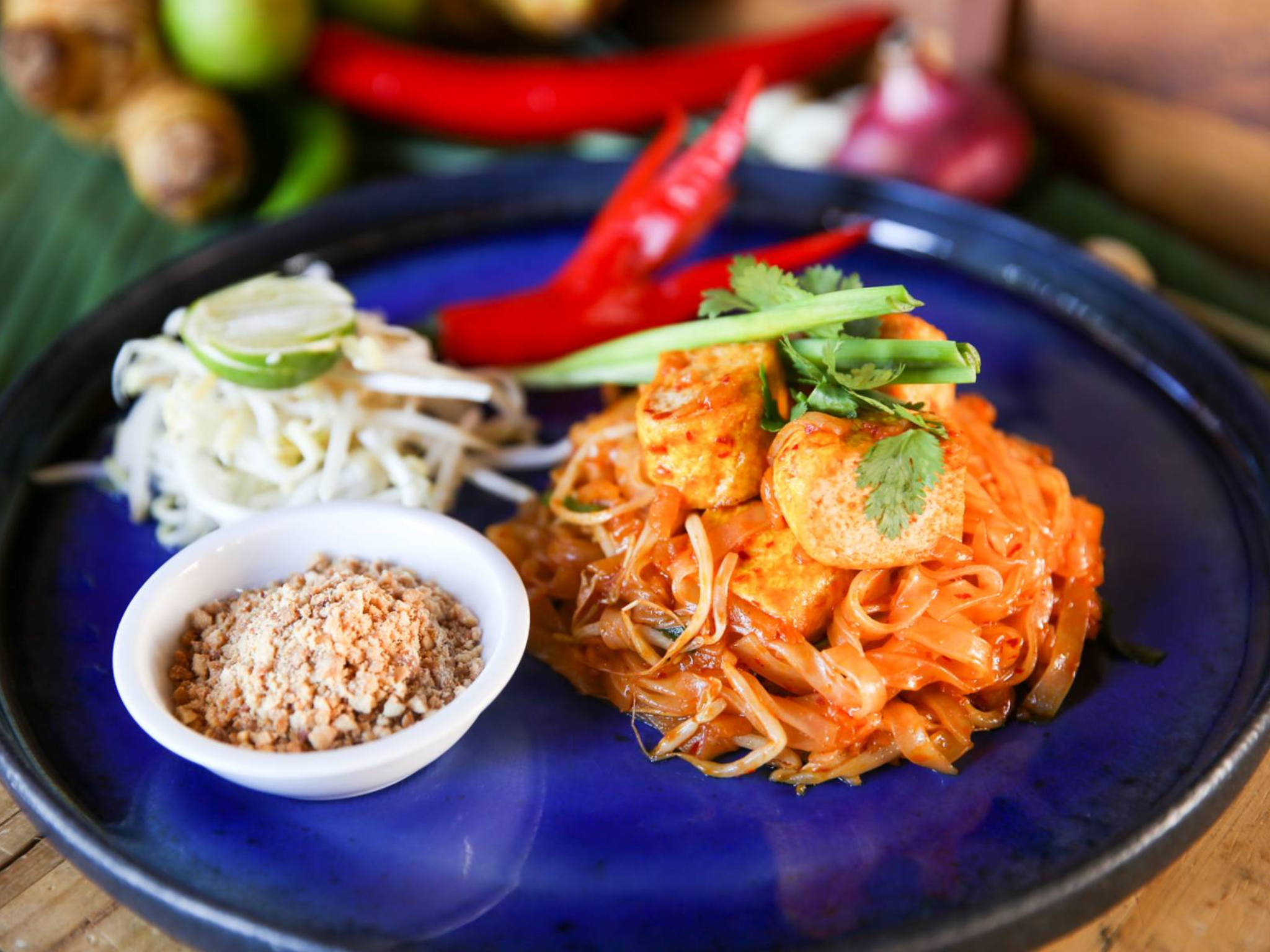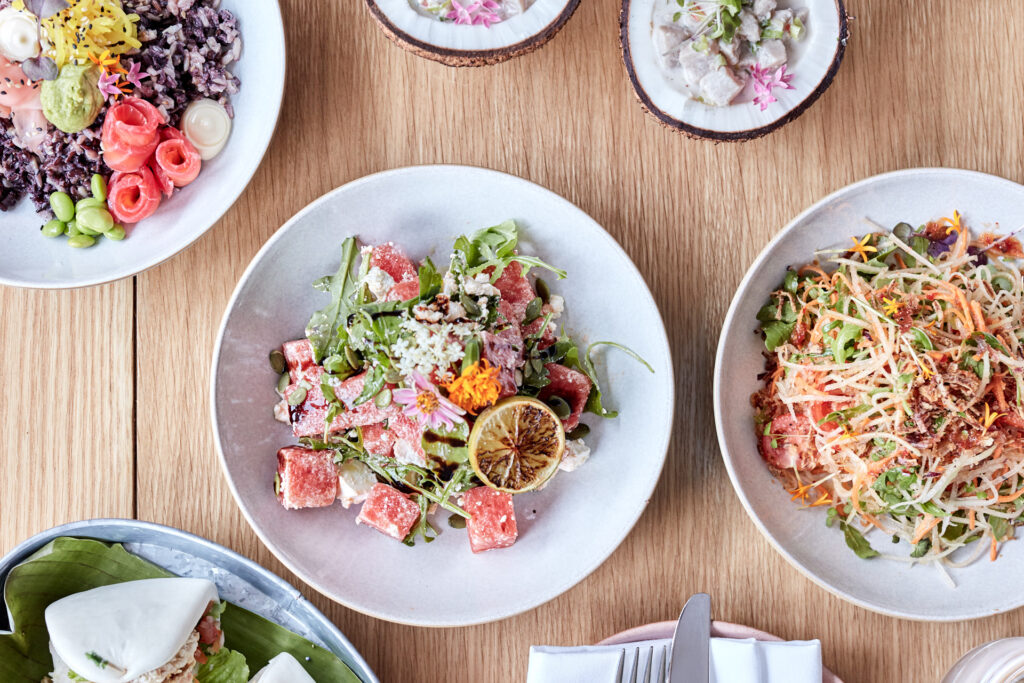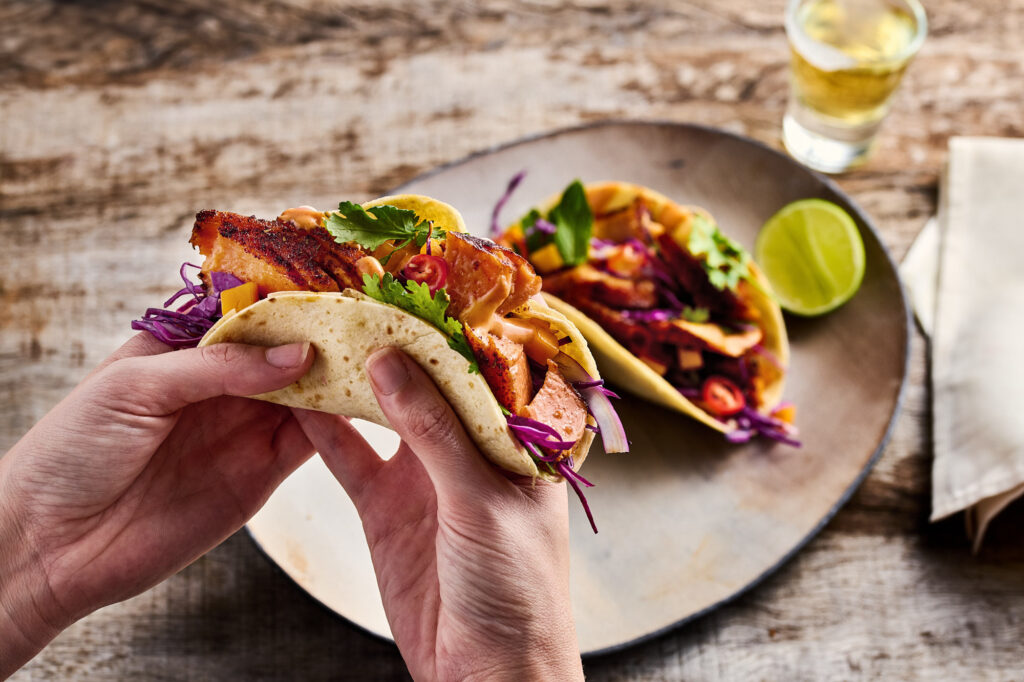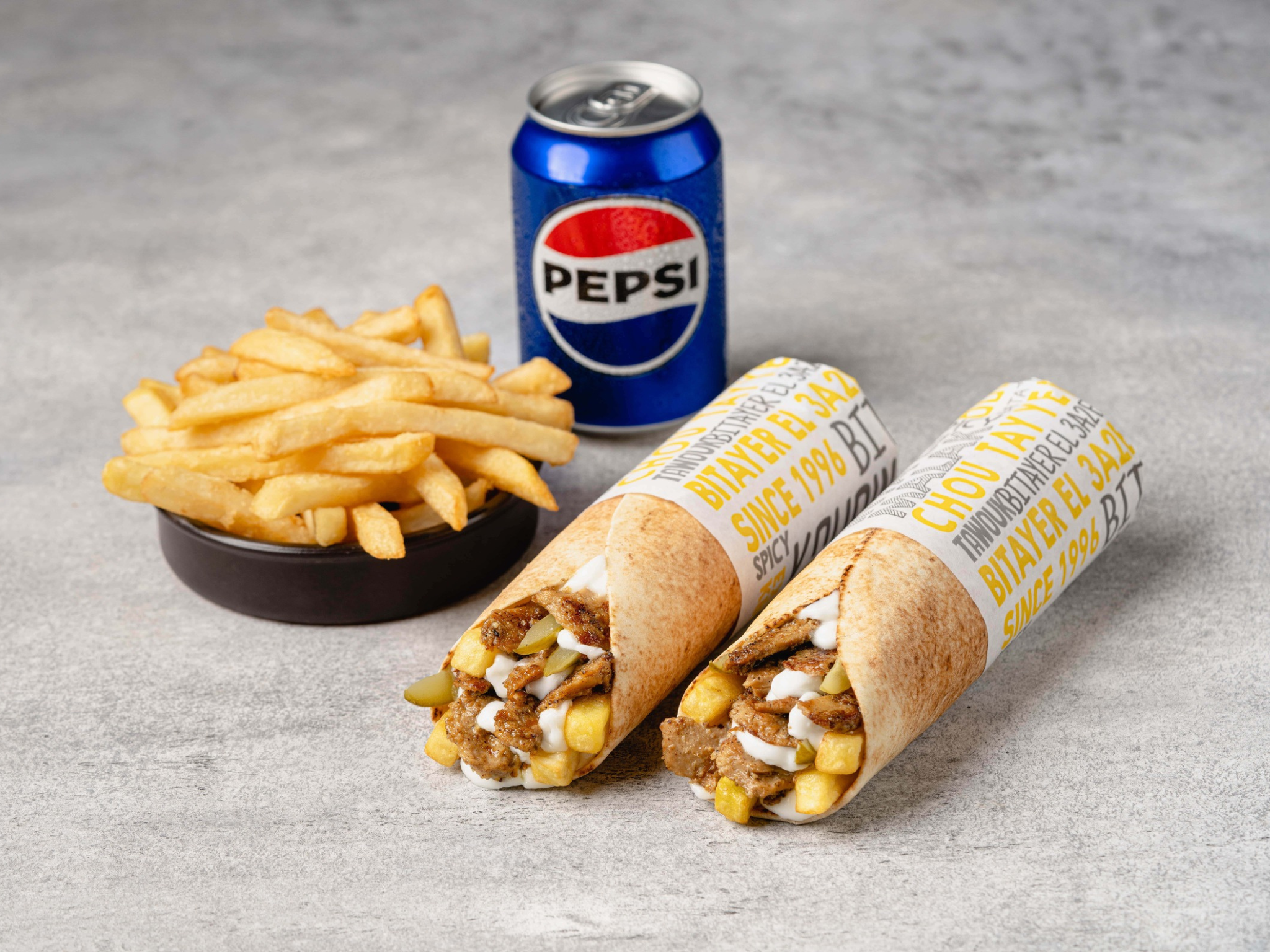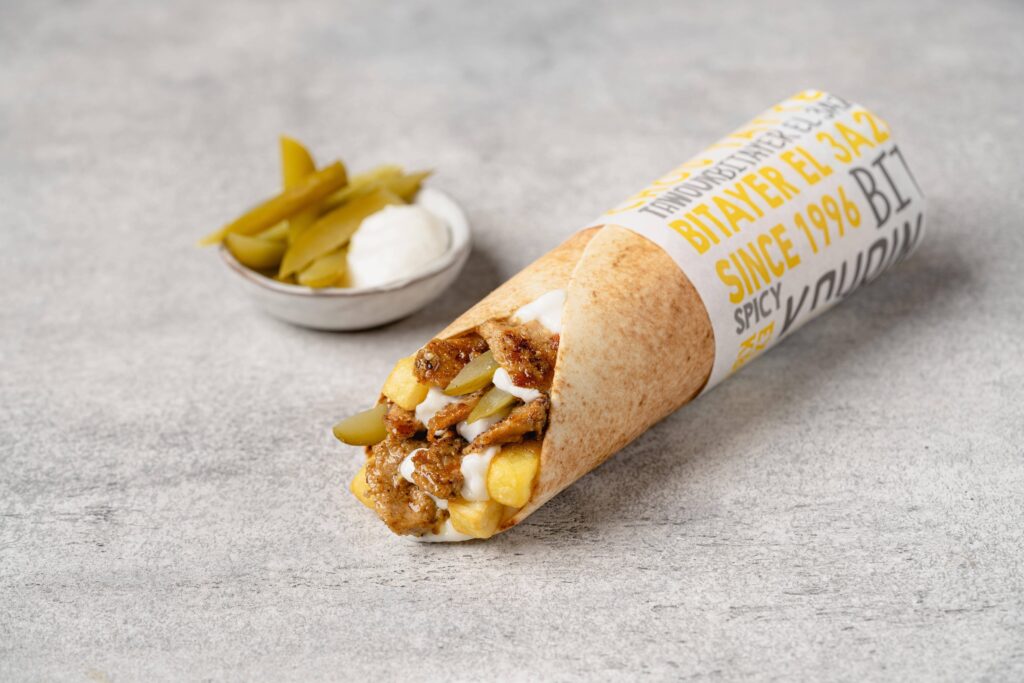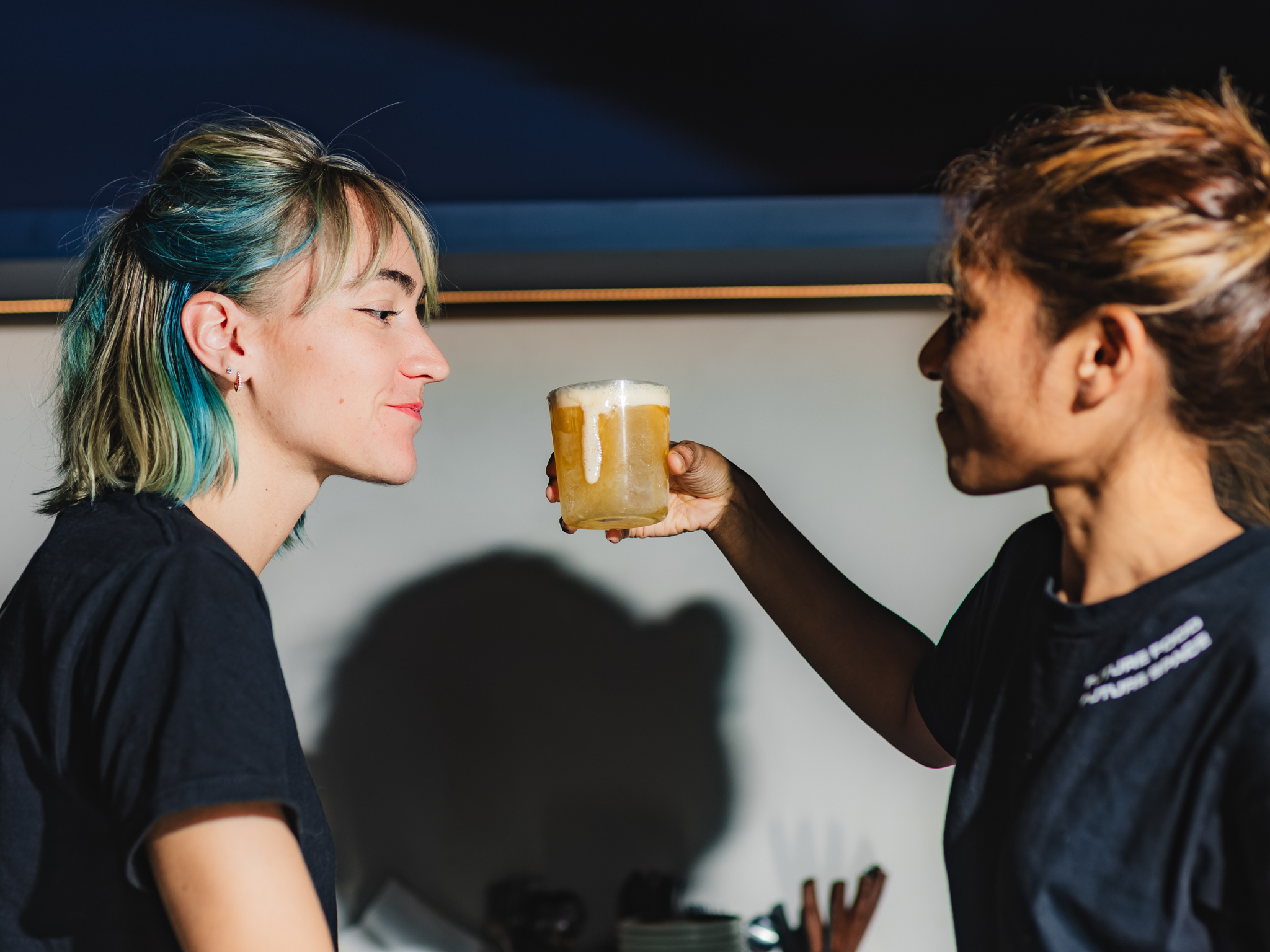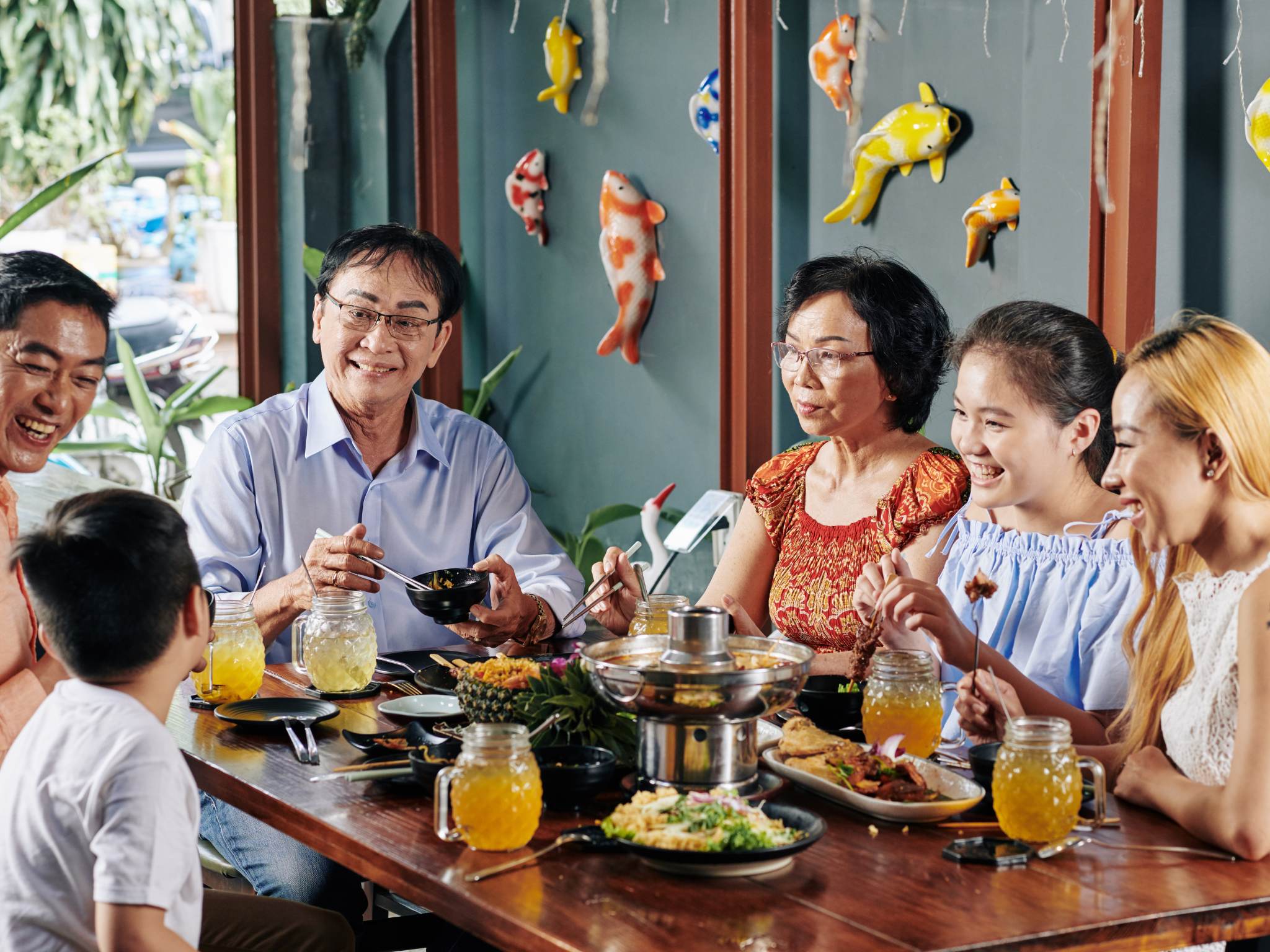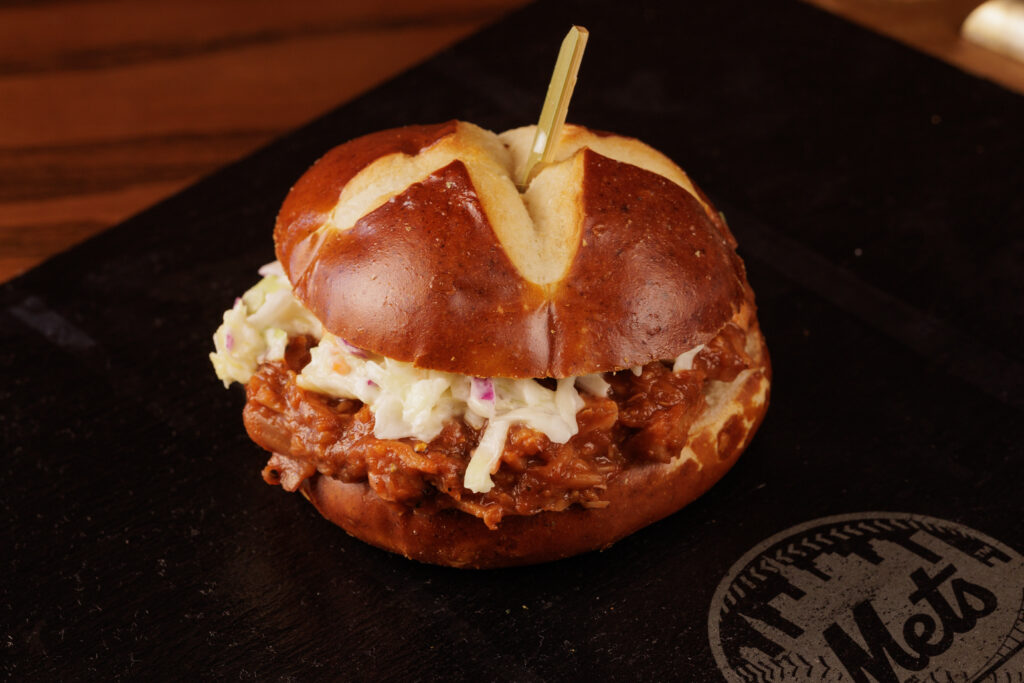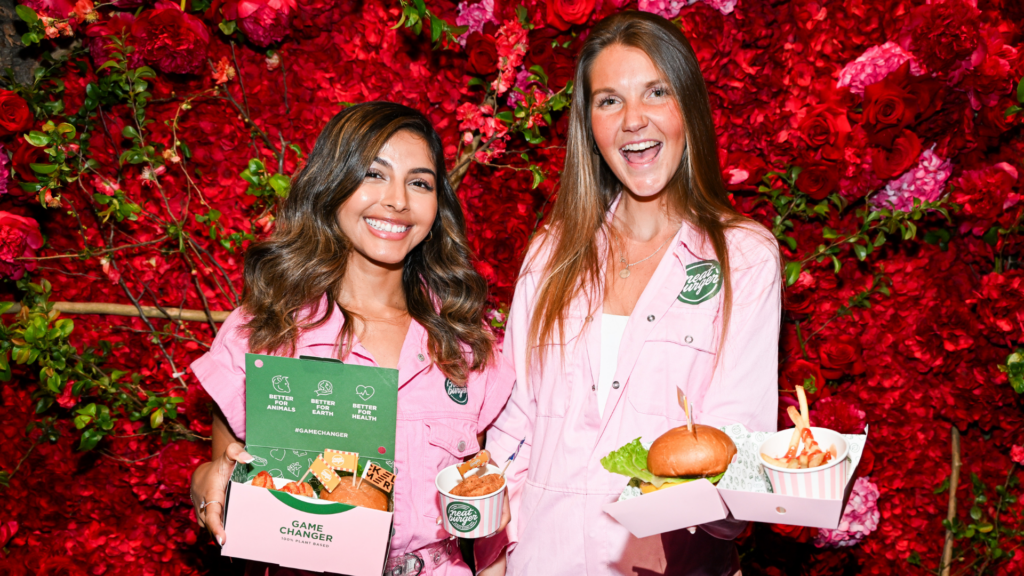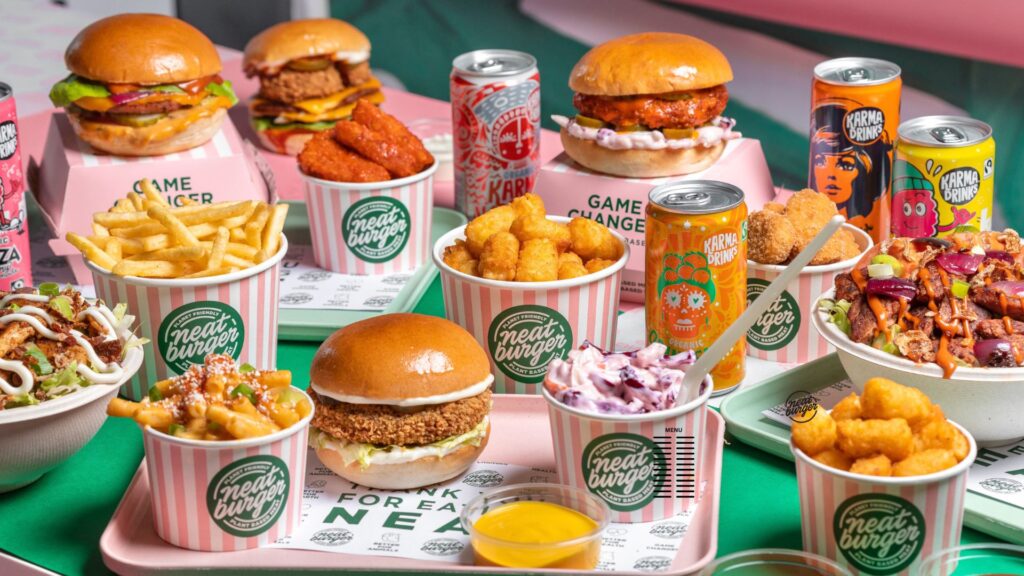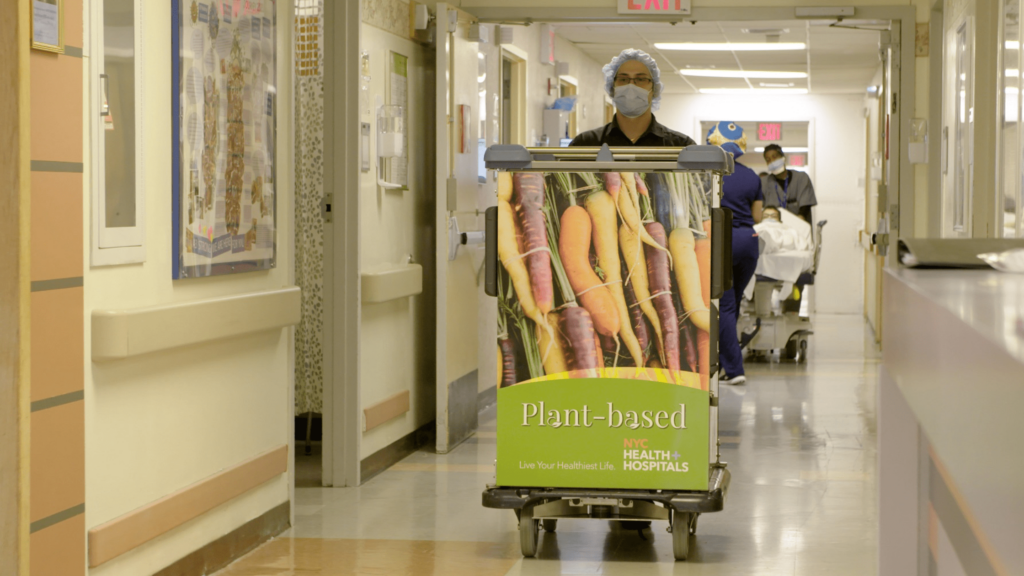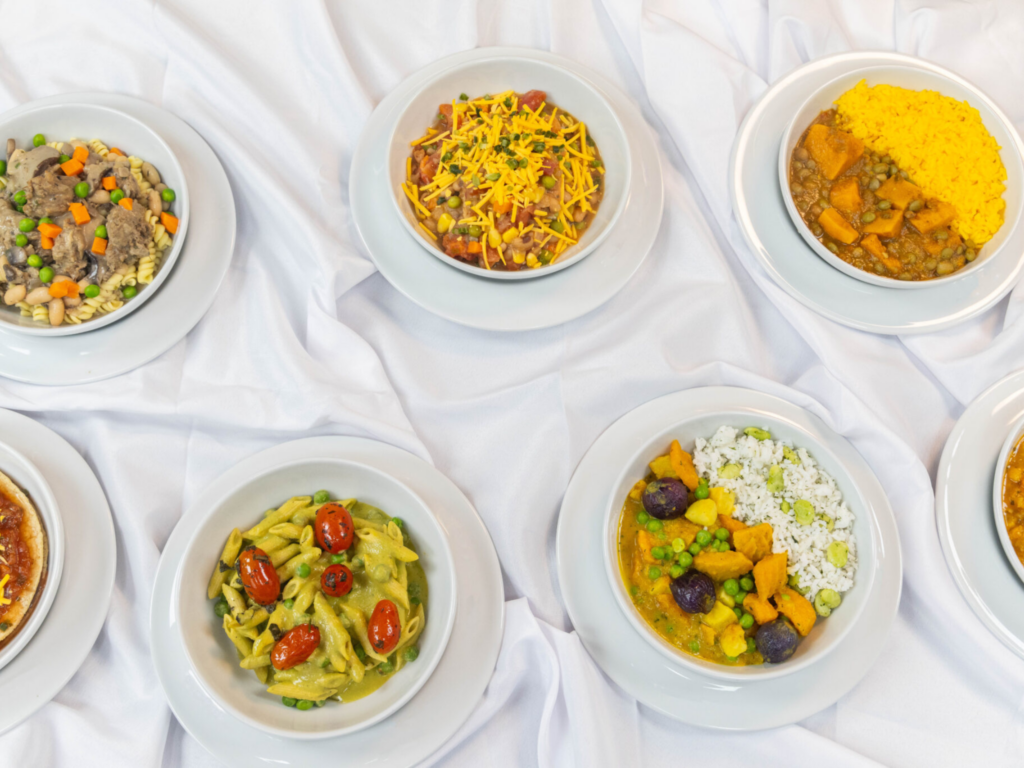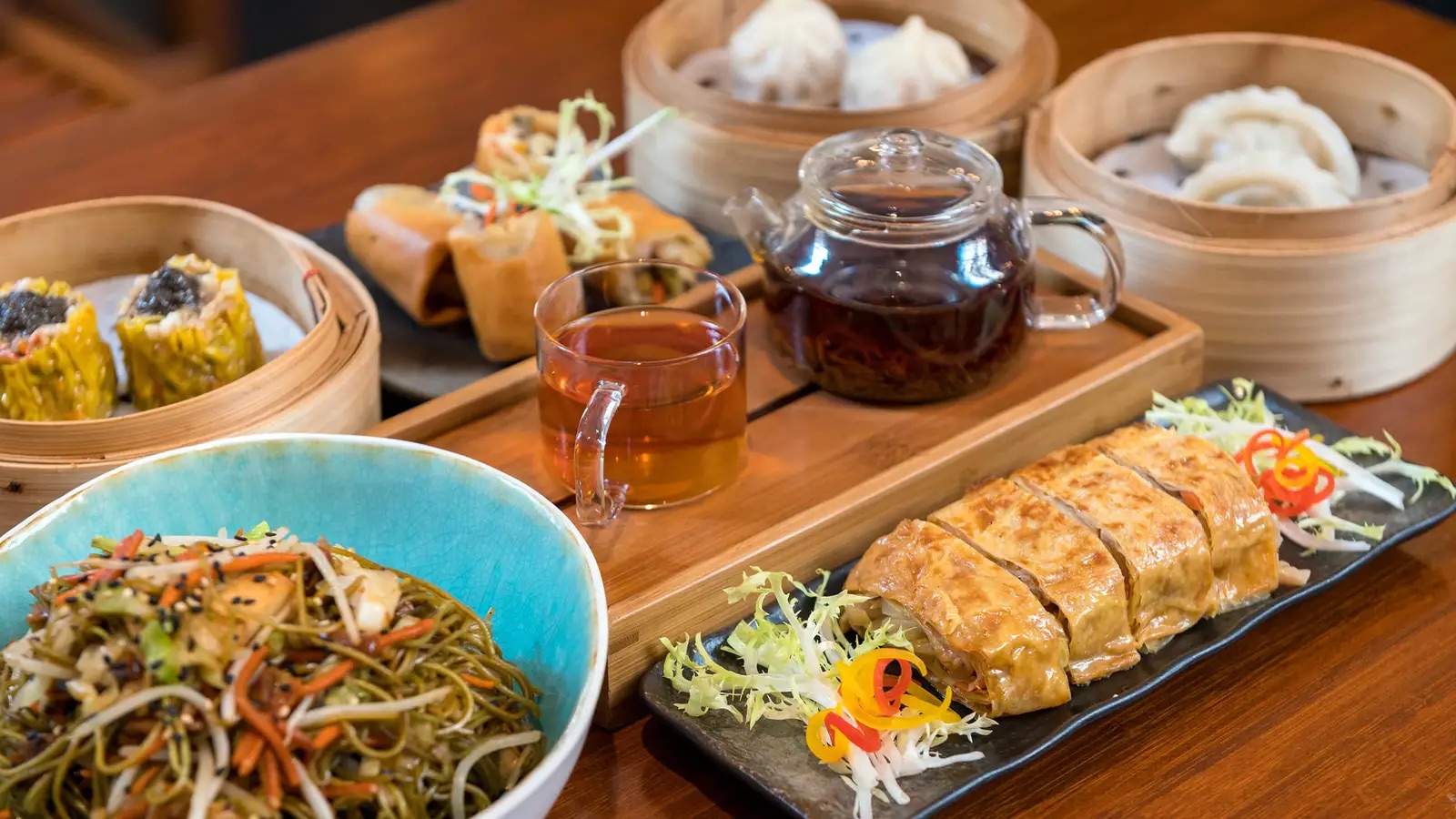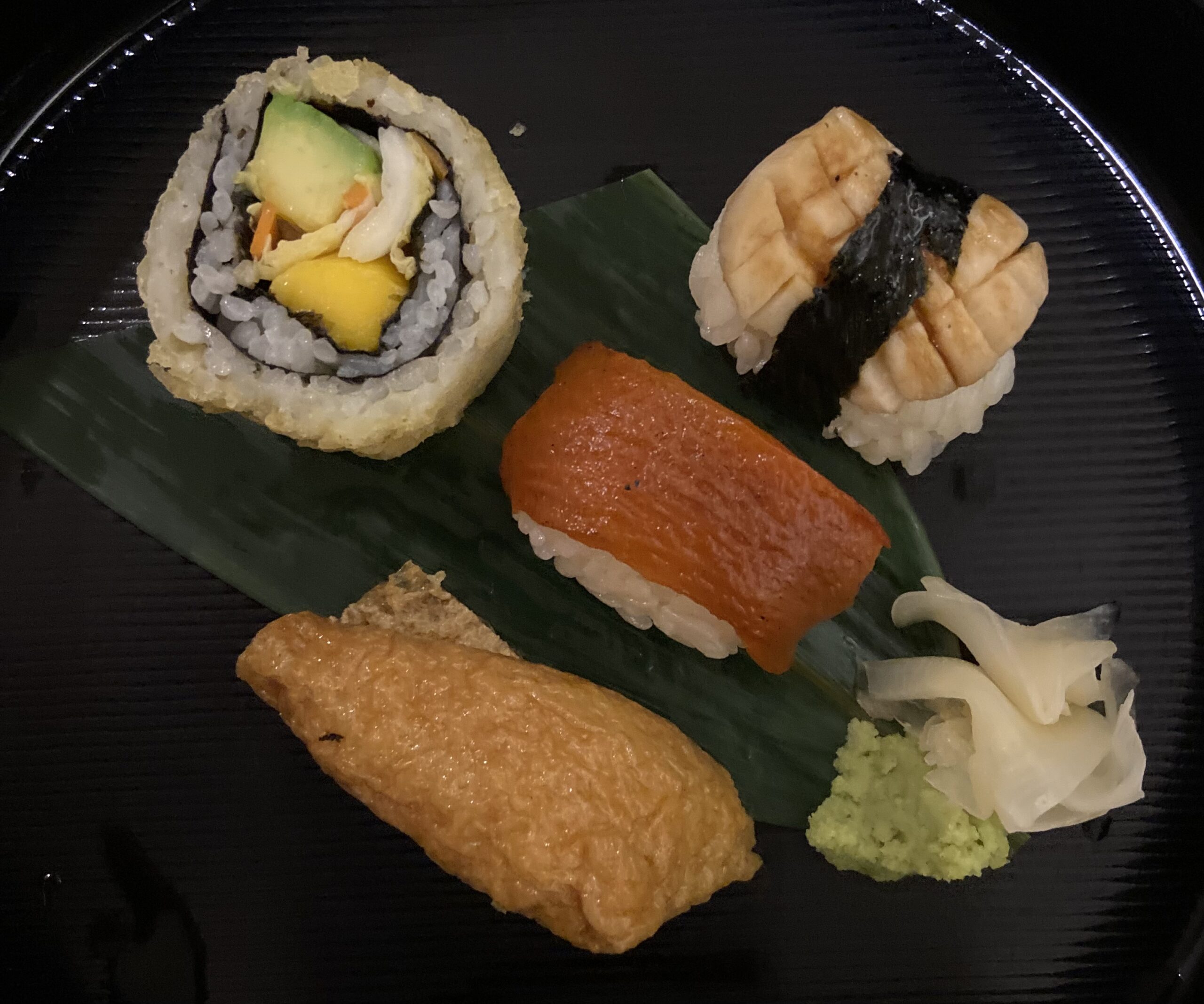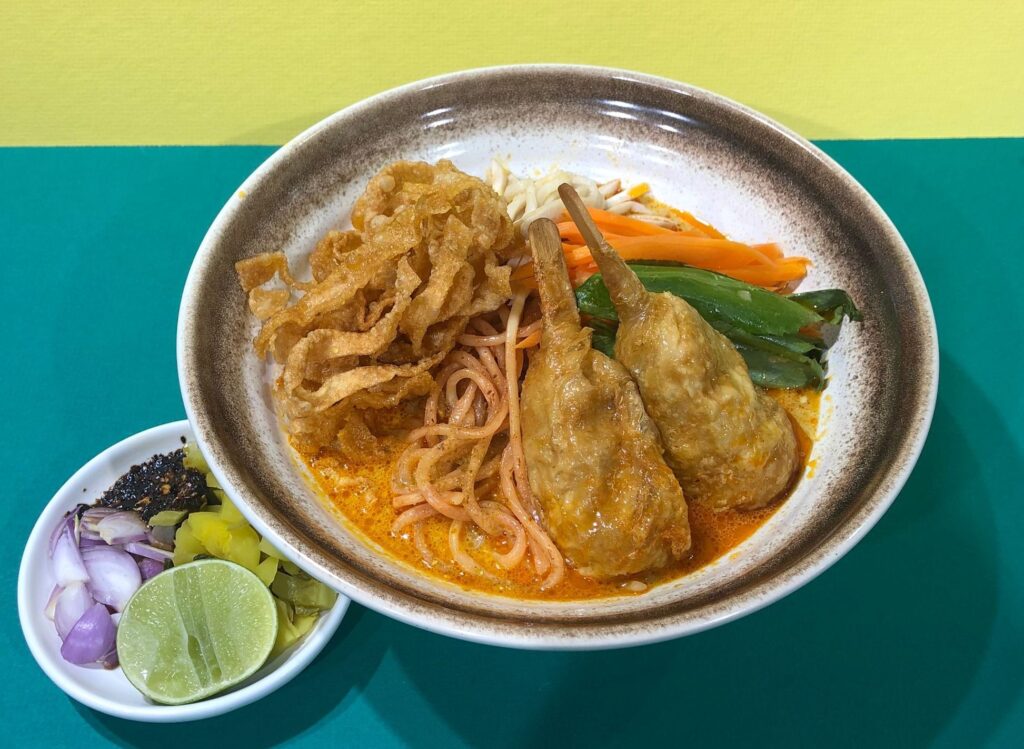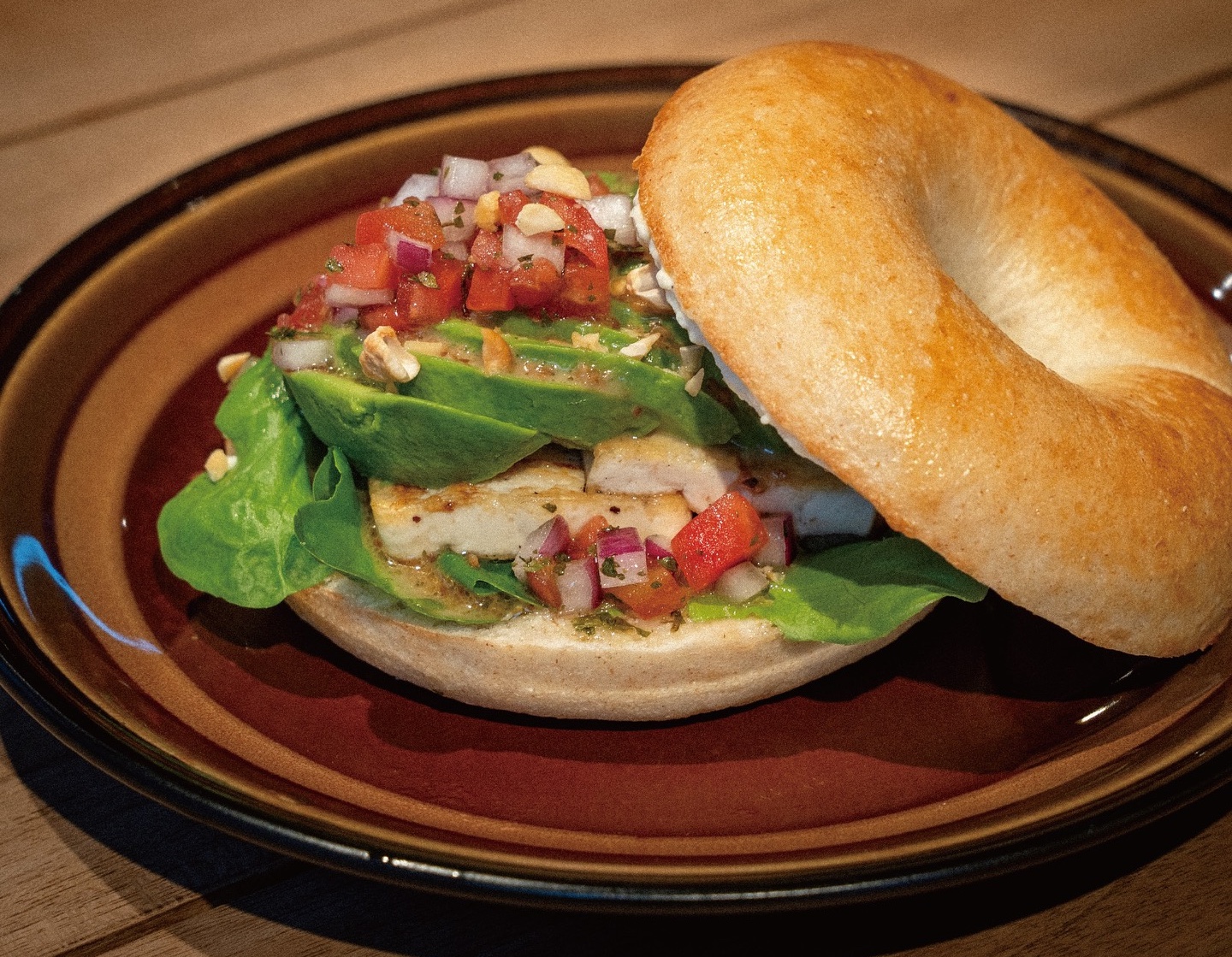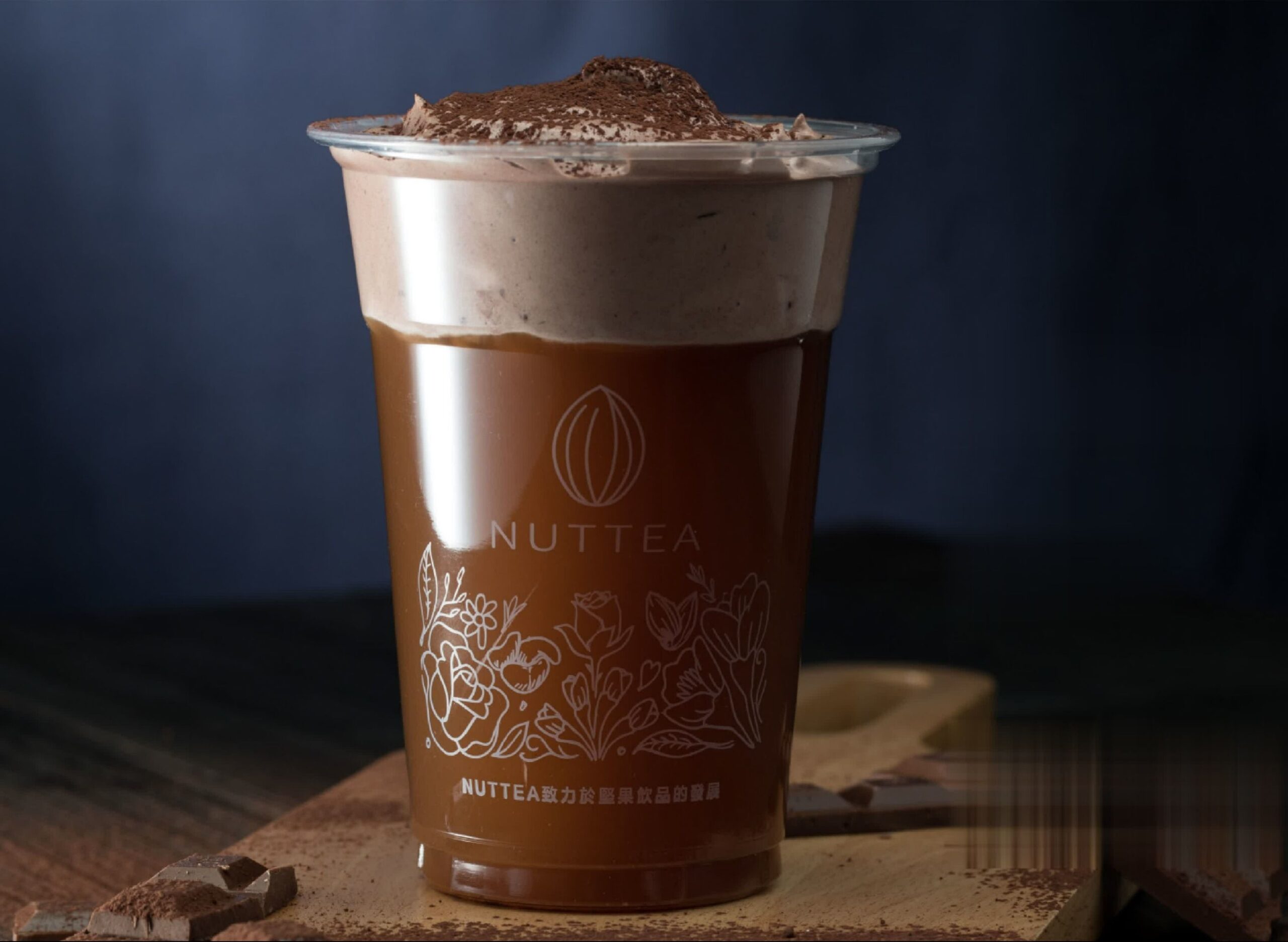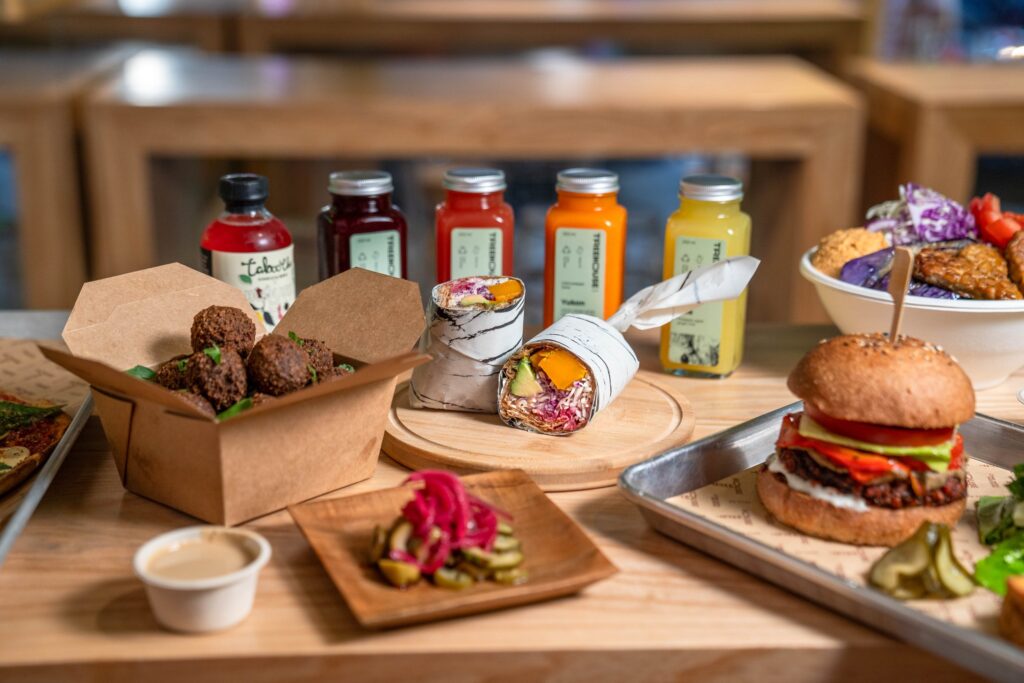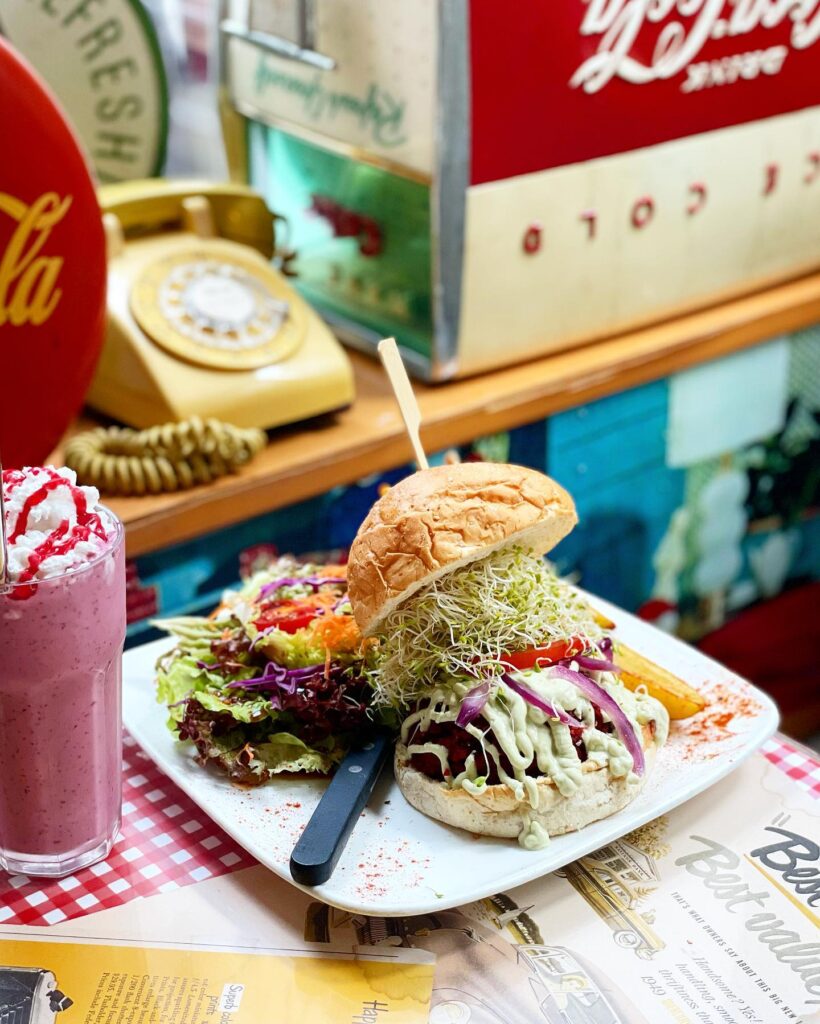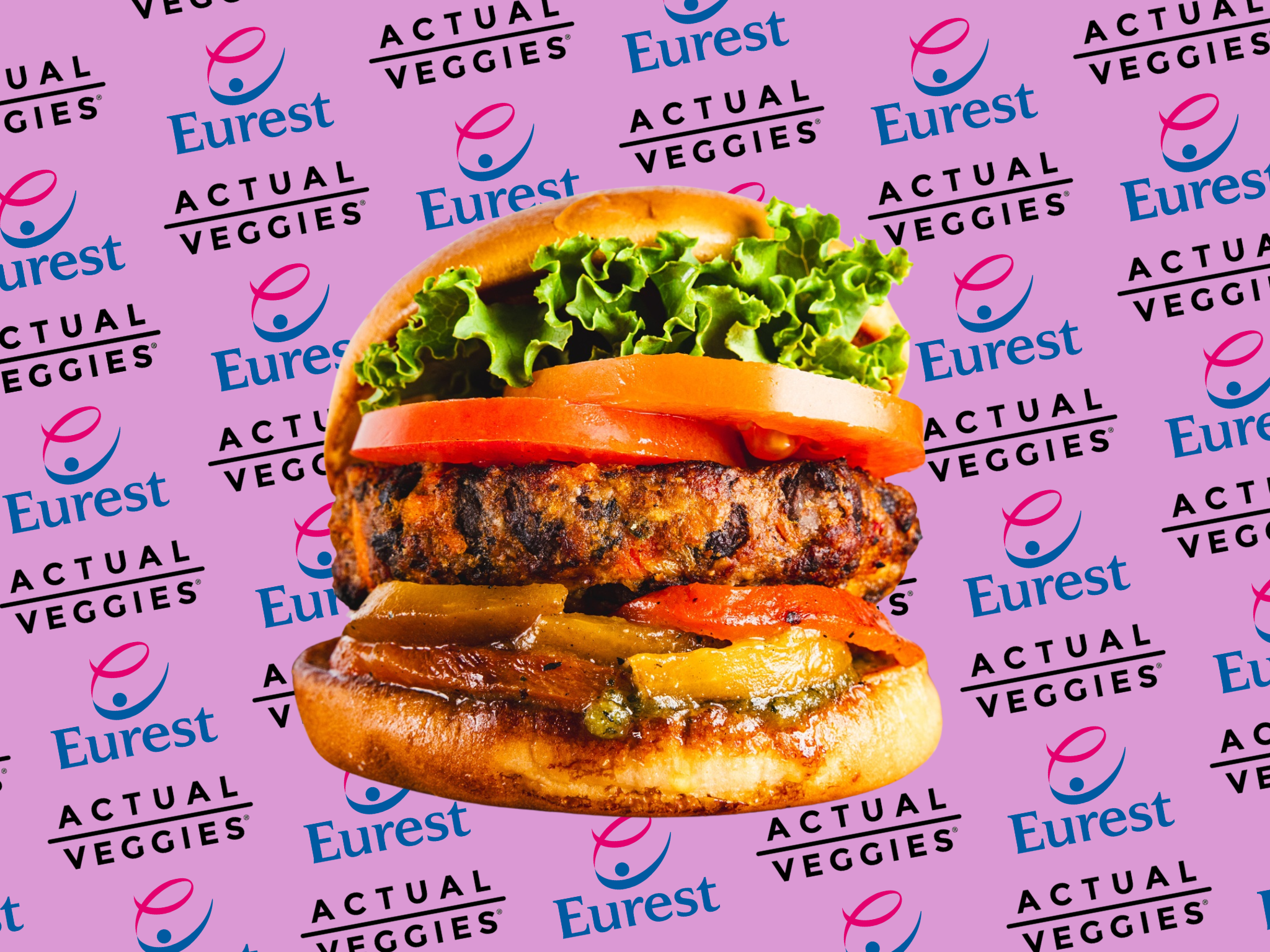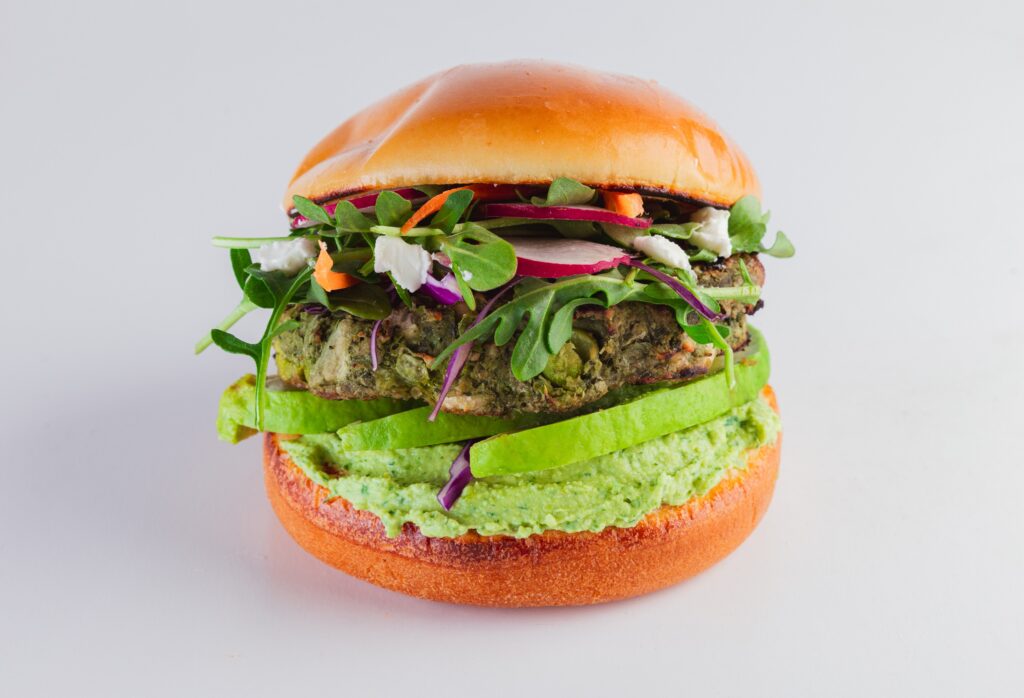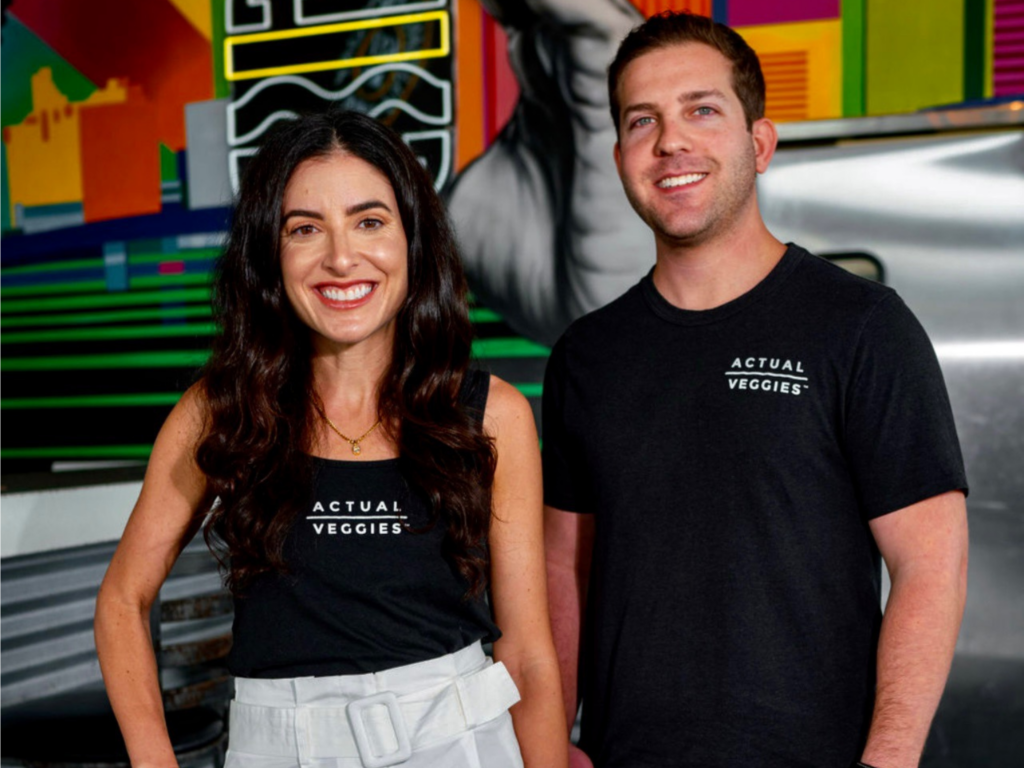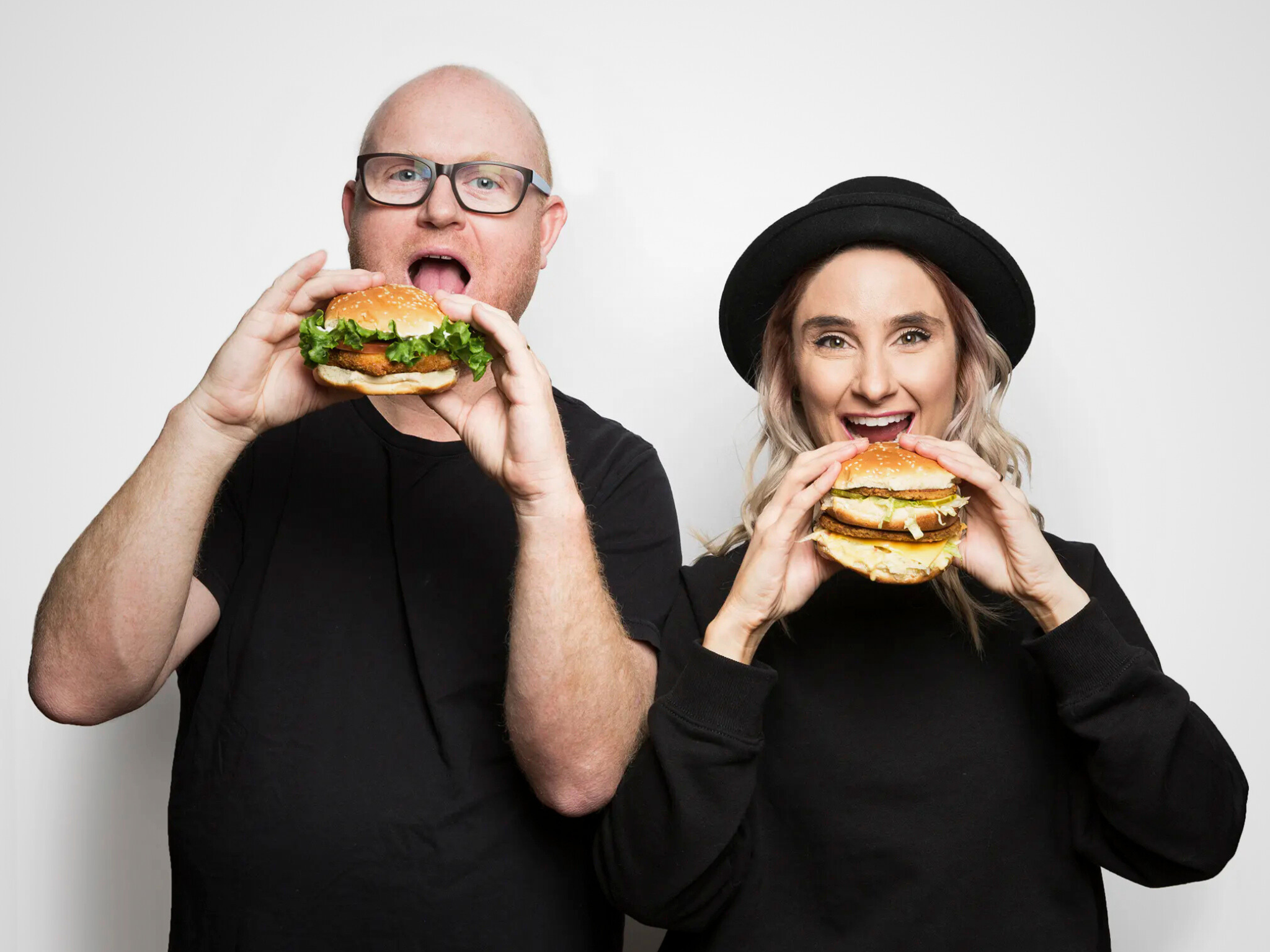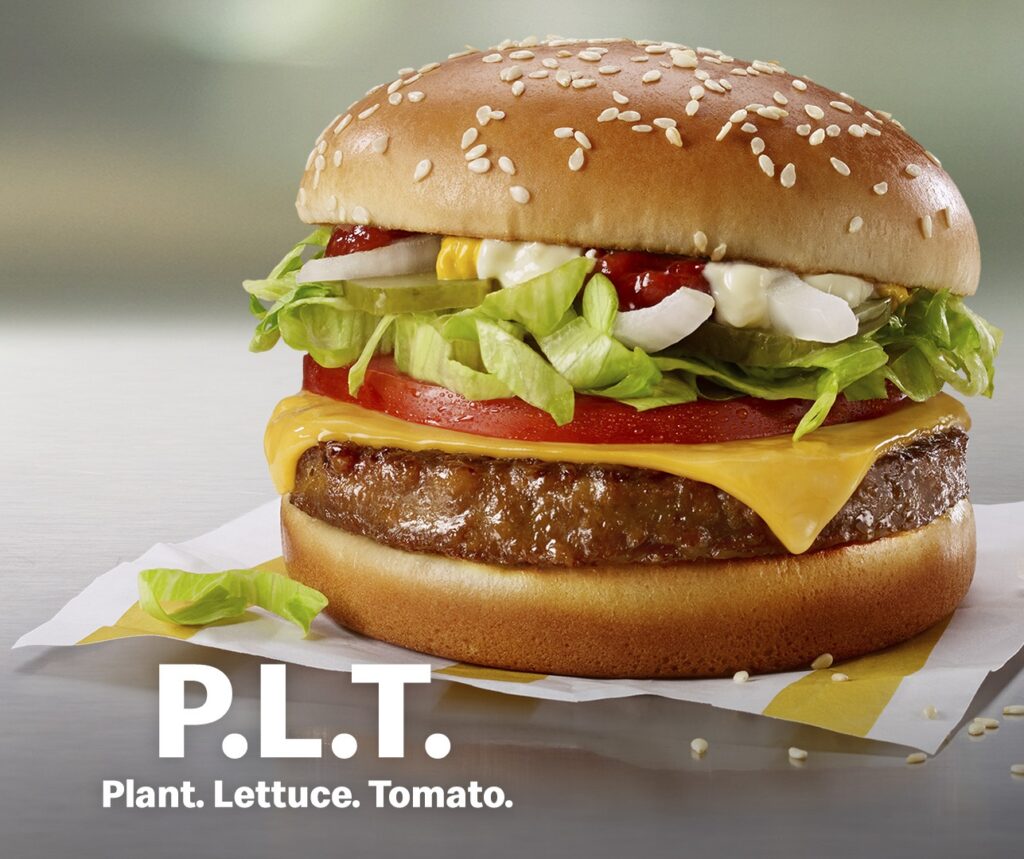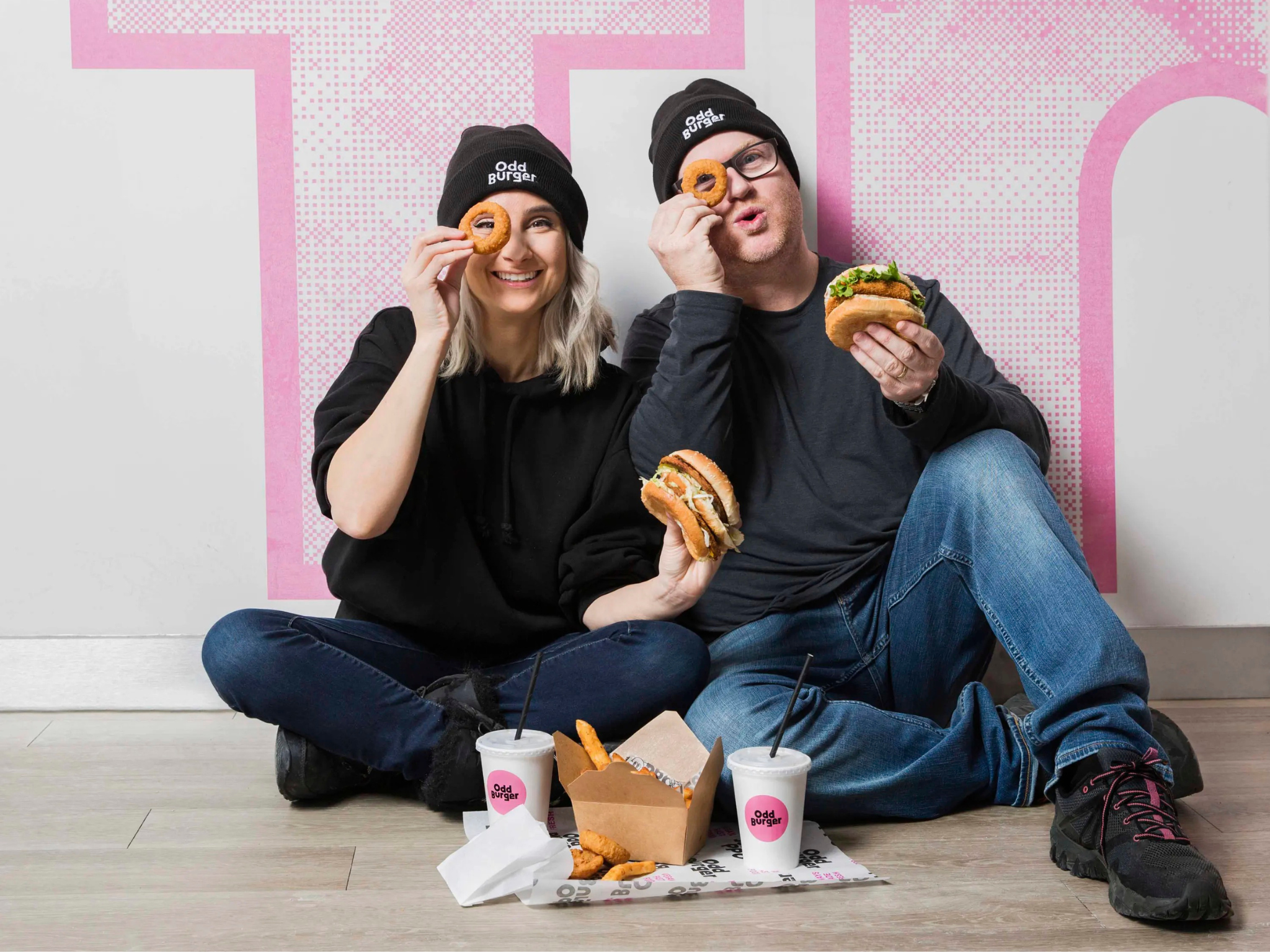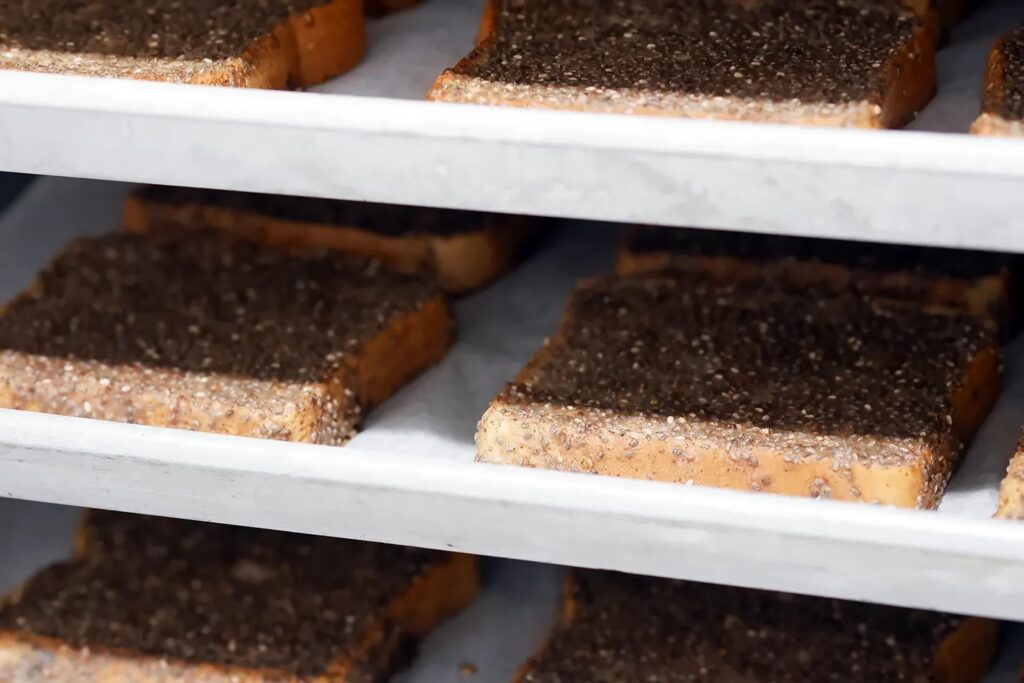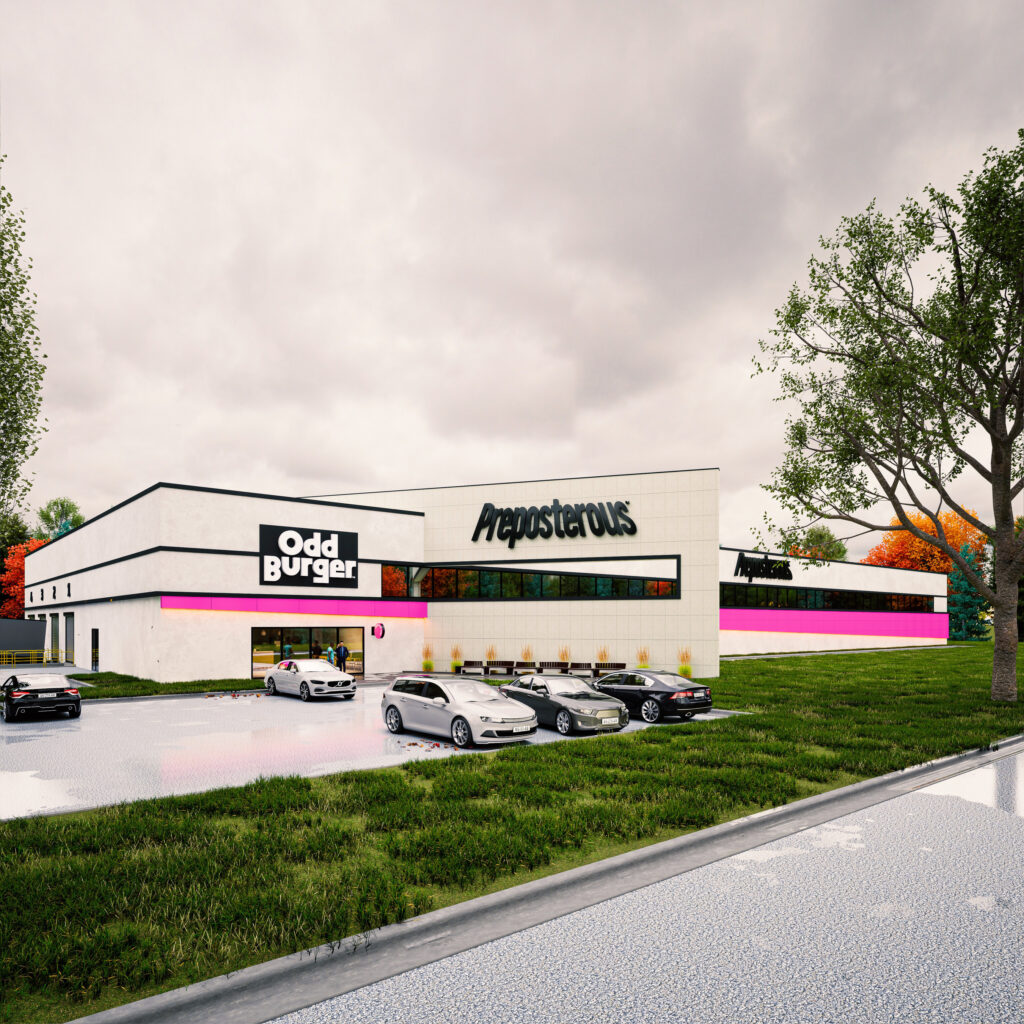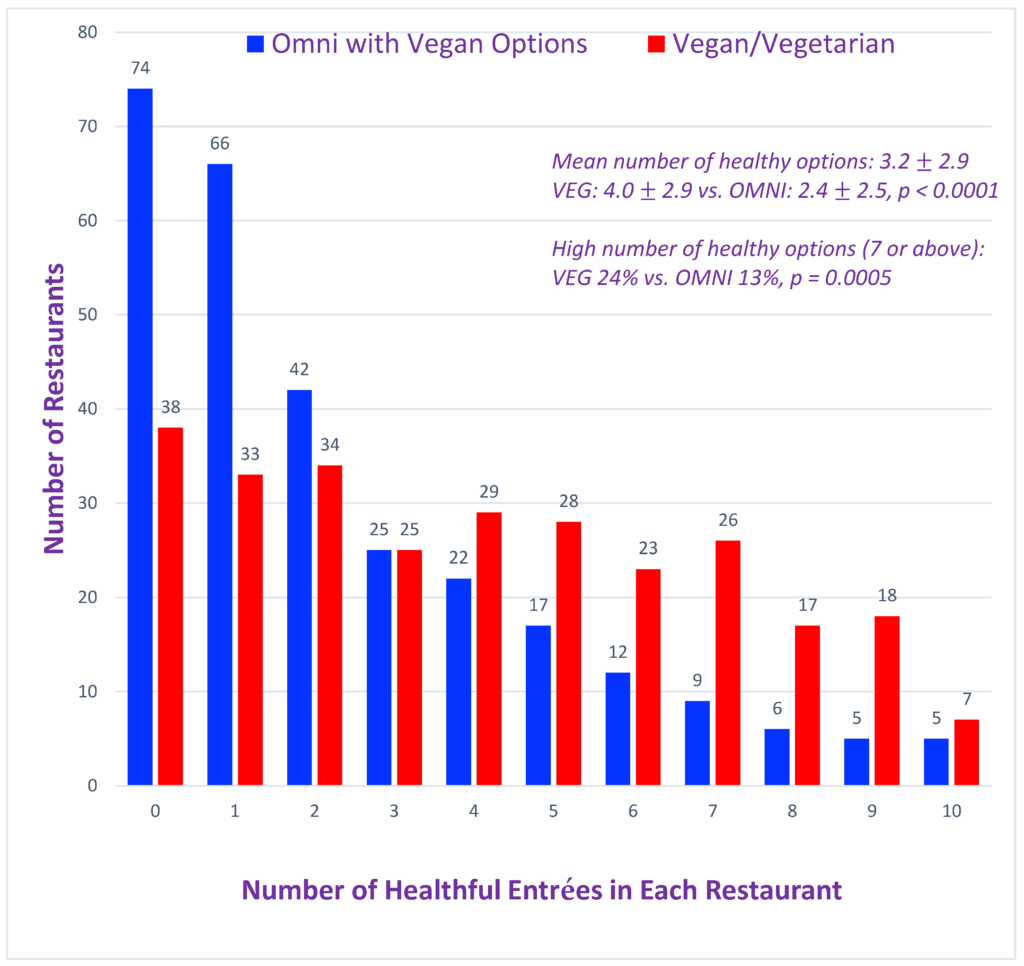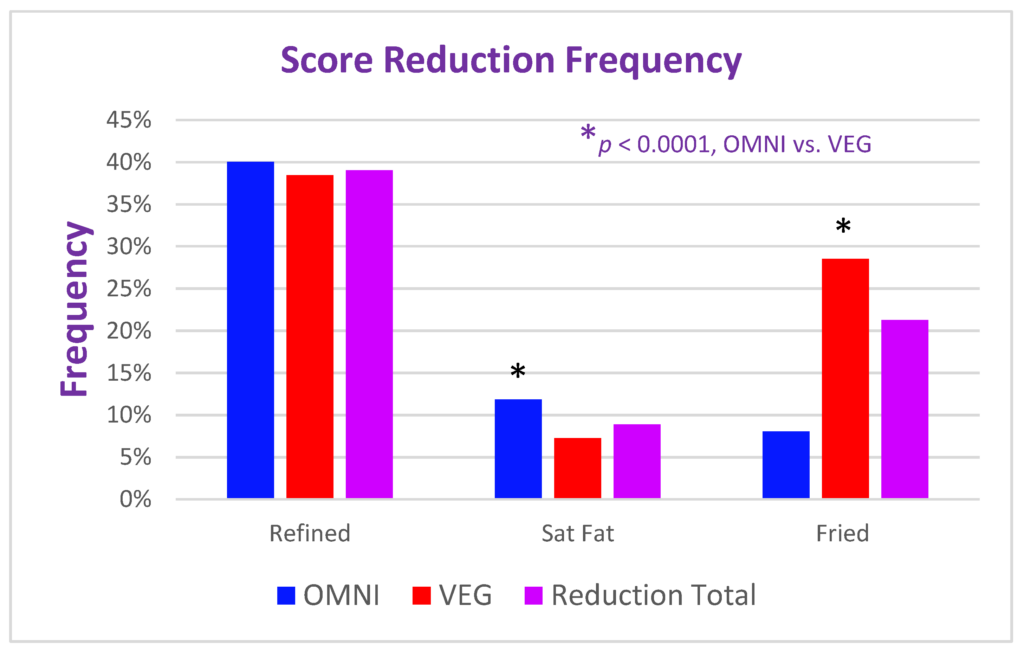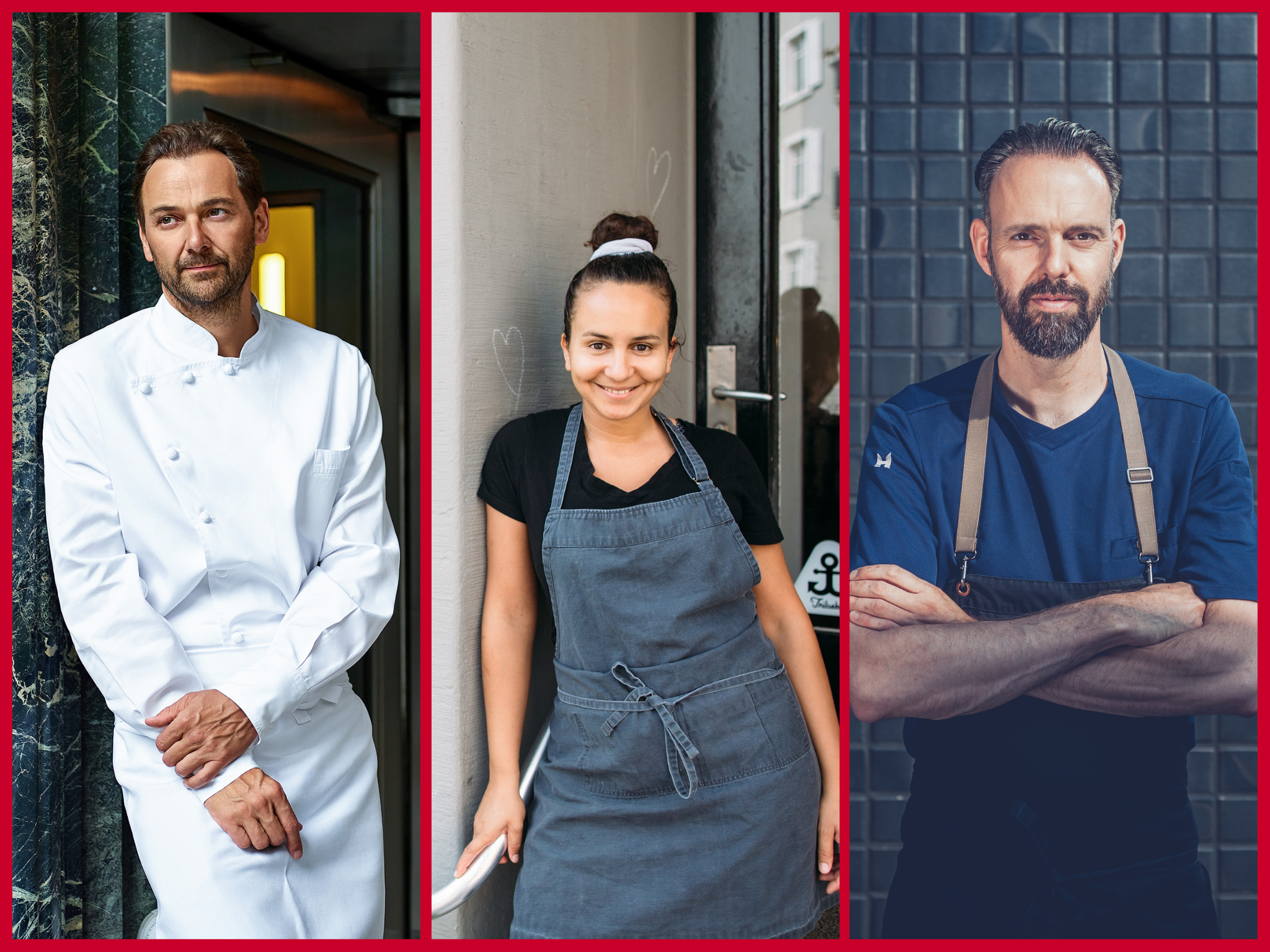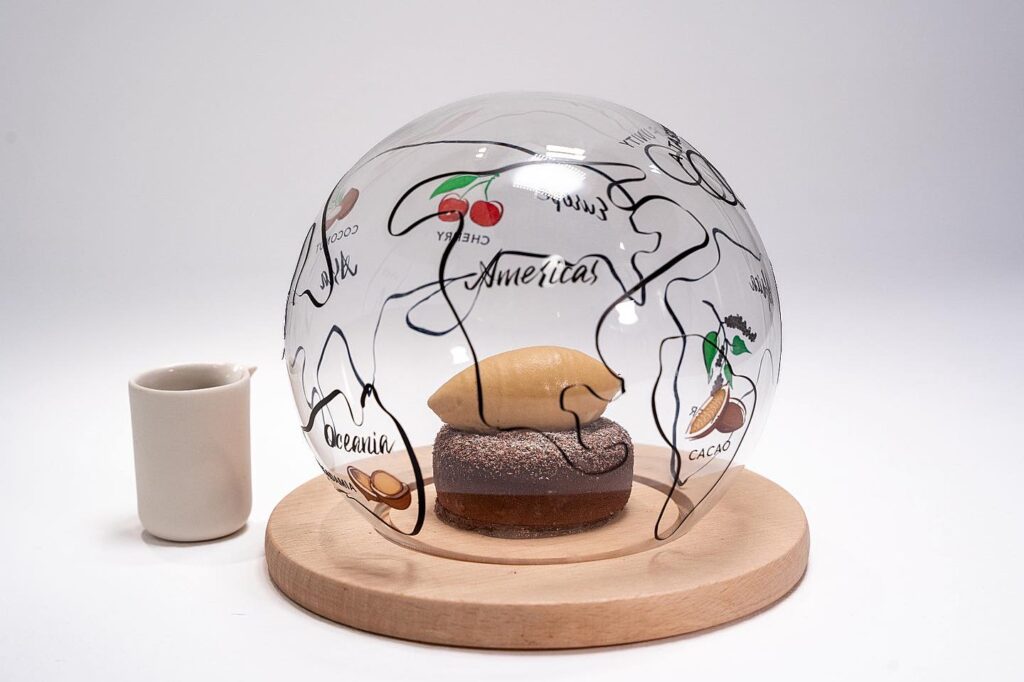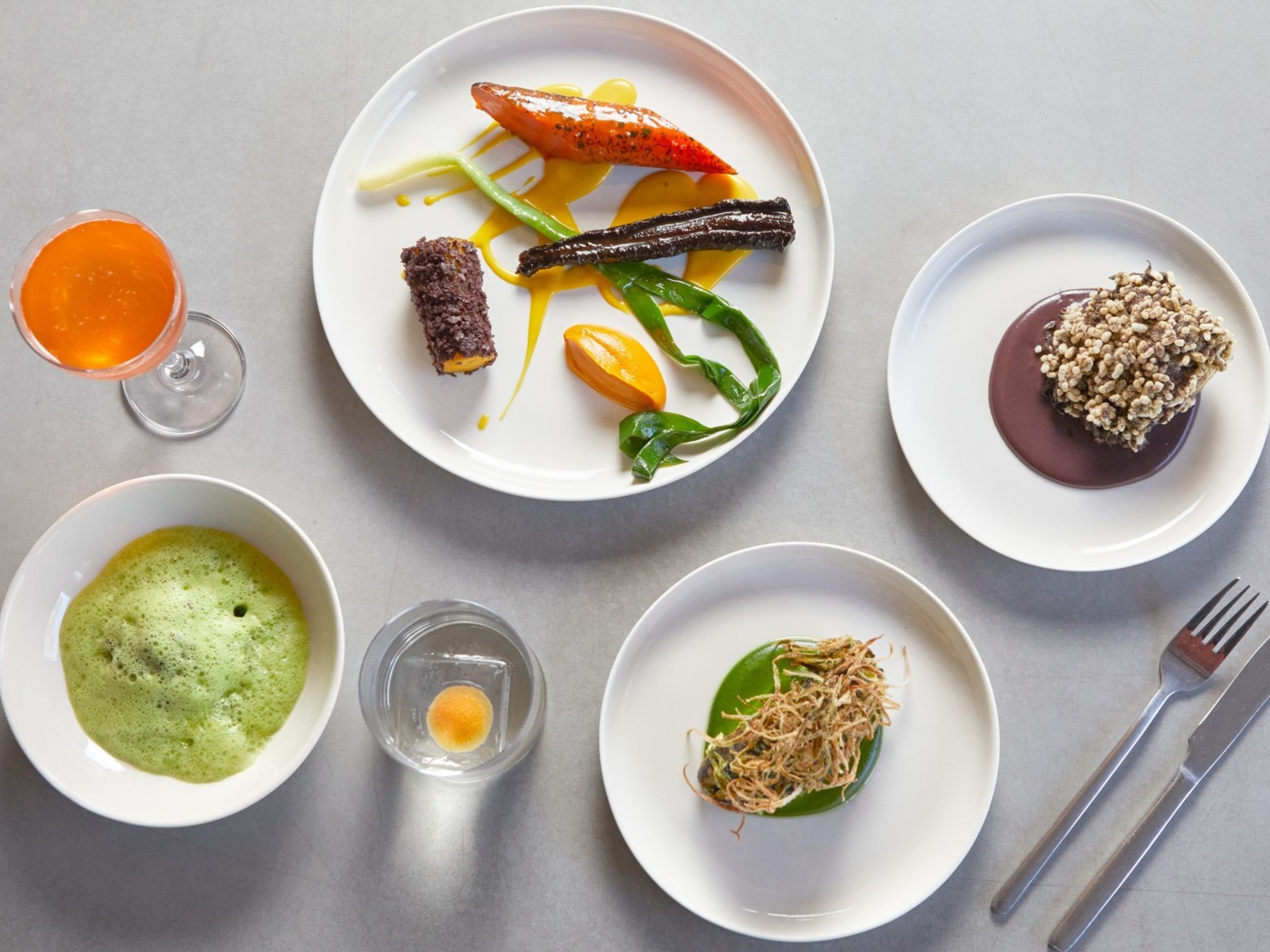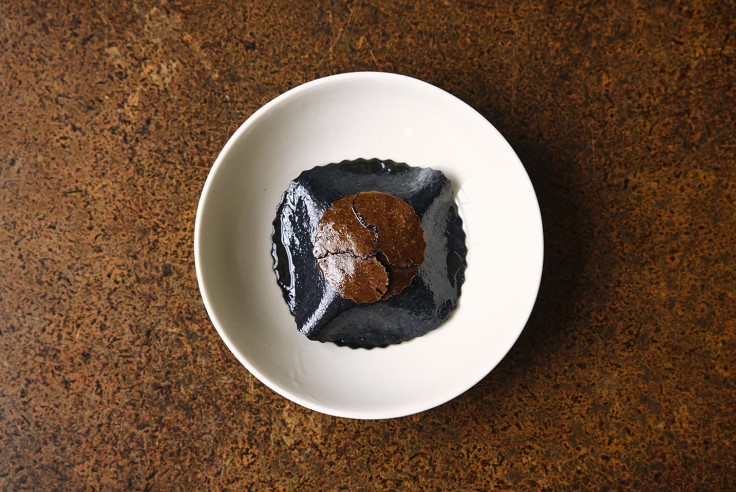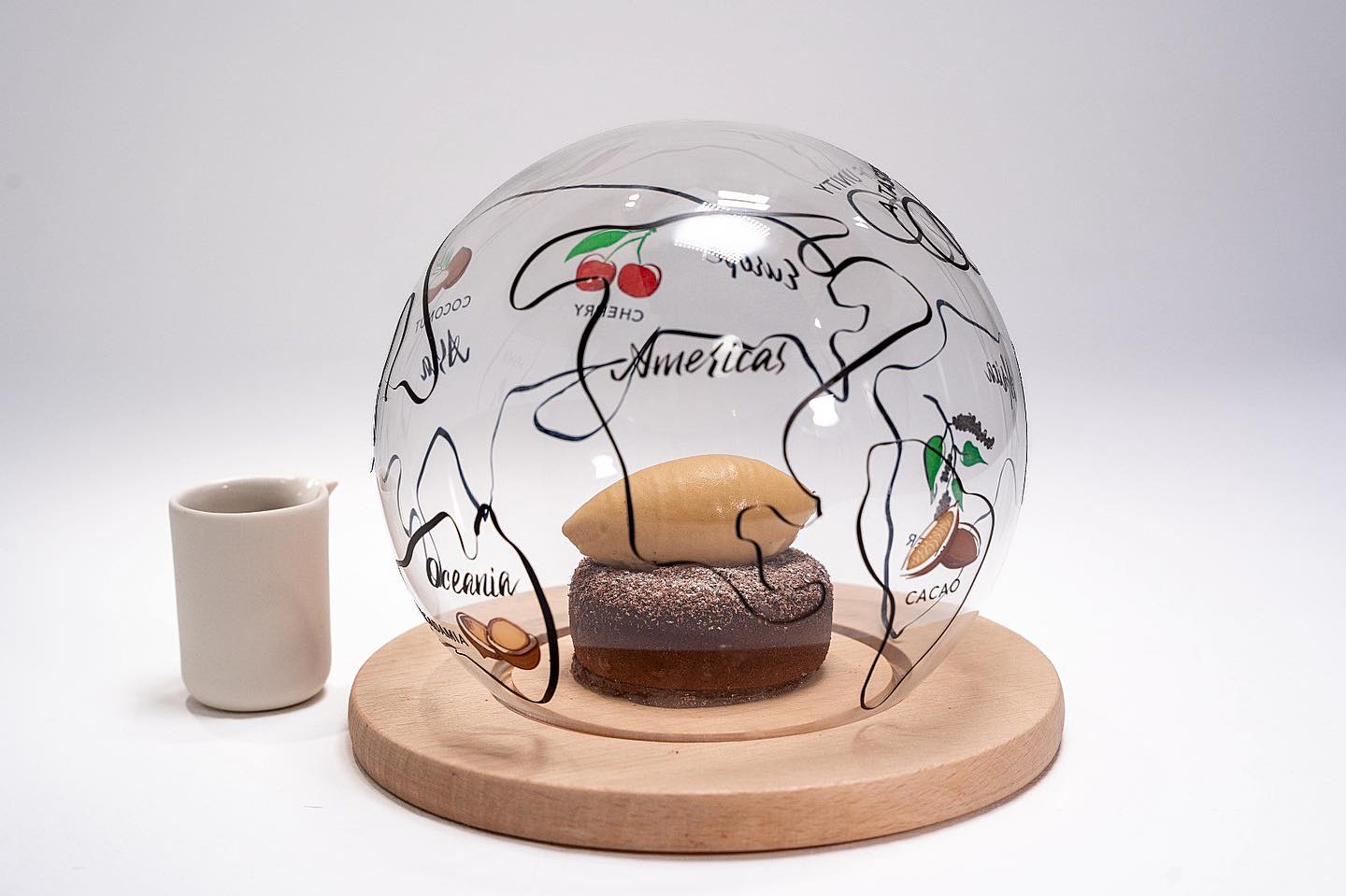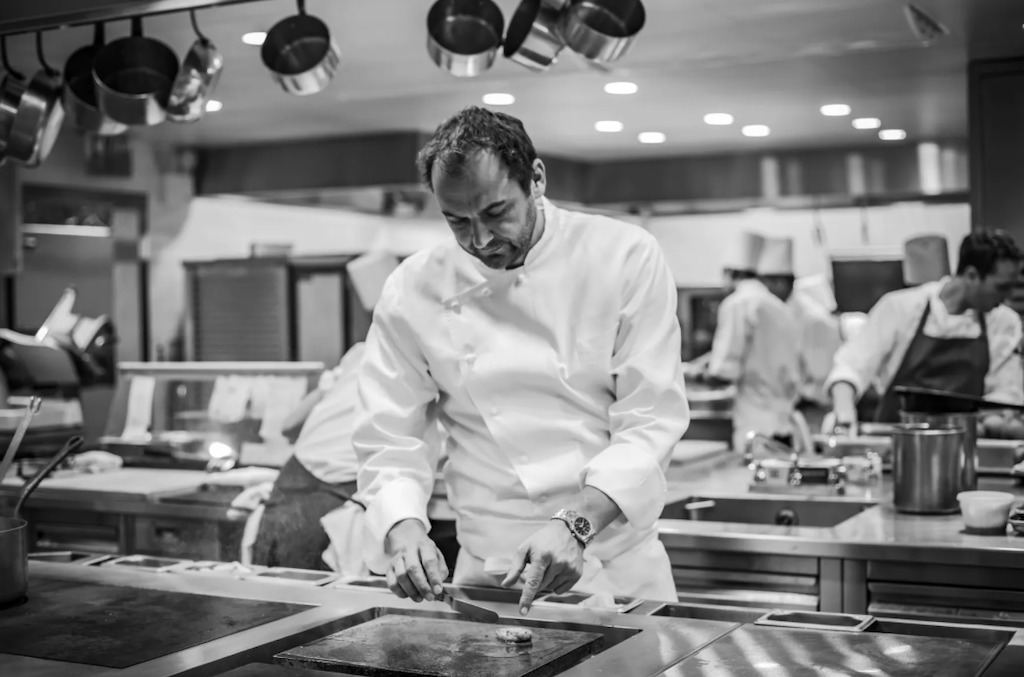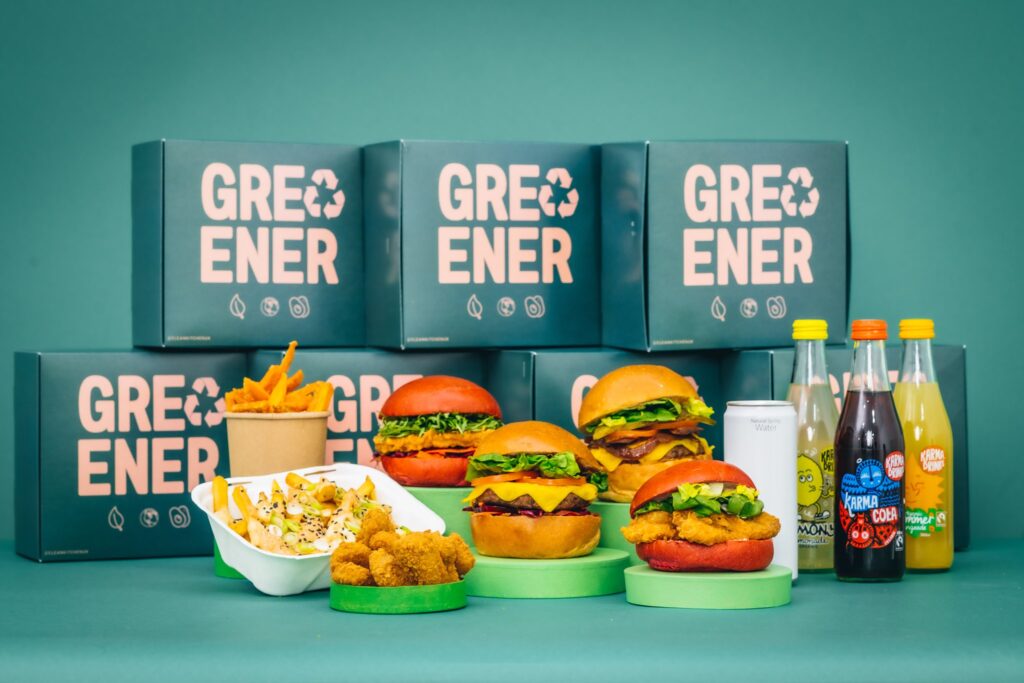
Burger King Austria has announced that all hot drinks will now be made exclusively with Oatly’s Baristamatic oat milk, phasing out cow’s milk while retaining the price.
In a move intended to encourage the uptake of sustainable options, Burger King Austria is dumping the cow for oats.
The fast-food chain is now offering Oatly’s Baristamatic oat milk as the default option for hot drinks in all stores across the country, whether it’s a cappuccino or a hot chocolate. Dairy is no longer available as a choice for these menu items.
The decision is part of Burger King’s drive to offer more climate-friendly offerings to customers without a compromise on flavour. “Following the popular plant-based burger variations, the conversion of the entire coffee offering is another milestone that demonstrates that sustainable enjoyment and great taste are not mutually exclusive,” the company said in a press release.
Burger King lauds Oatly’s climate credentials
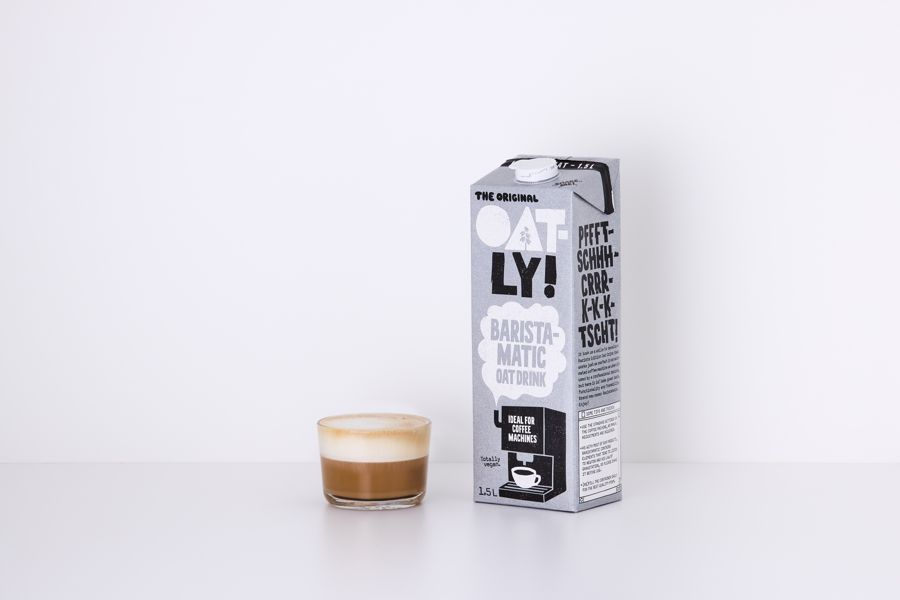
Explaining the change, Burger King noted that Oatly’s oat milk delivers on the taste frontier, with much fewer emissions than cow’s milk.
The Baristamatic version was unveiled at the Anuga Alternatives fair in Cologne this month, and is made specifically for automatic coffee machines. The product is optimised to reduce sedimentation and retain the foamability, full-bodied mouthfeel, and taste of the company’s standard barista oat milk.
Developed for the out-of-home market, Oatly Baristamatic comes in larger 1.5-litre packs, enabling efficient use for the hospitality industry and cutting down on packaging waste.
Life-cycle analysis has shown that a litre of the new product is responsible for emitting 0.53kg of CO2e, around half of the climate footprint of the average cow’s milk product in Austria.
Burger King also nodded to Oatly’s status as the world’s first climate solutions company in the food sector, which confirms that at least 90% of the oat milk maker’s revenues come from products with a 50% lower emission footprint than standard market options. It also means Oatly has a near-term emissions target and a net-zero goal covering scopes 1, 2 and 3.
By partnering with a climate-forward company and eliminating dairy – which makes up about 4% of the world’s emissions – from hot drinks, Burger King Austria is aiming to set a “strong example for conscious consumption” in the foodservice industry.
“With the Oatly Baristamatic Oat Drink, we are setting a new standard for plant-based drinks in the professional field in terms of functionality and taste,” said Roland Griesebner, managing director of Oatly DACH and Poland.
“Together with Burger King Austria, we have recognised the great potential for sustainable changes in the industry and made a decision on the direction for the food transition in the out-of-home market,” he added.
Burger King builds on plant-based legacy by removing dairy
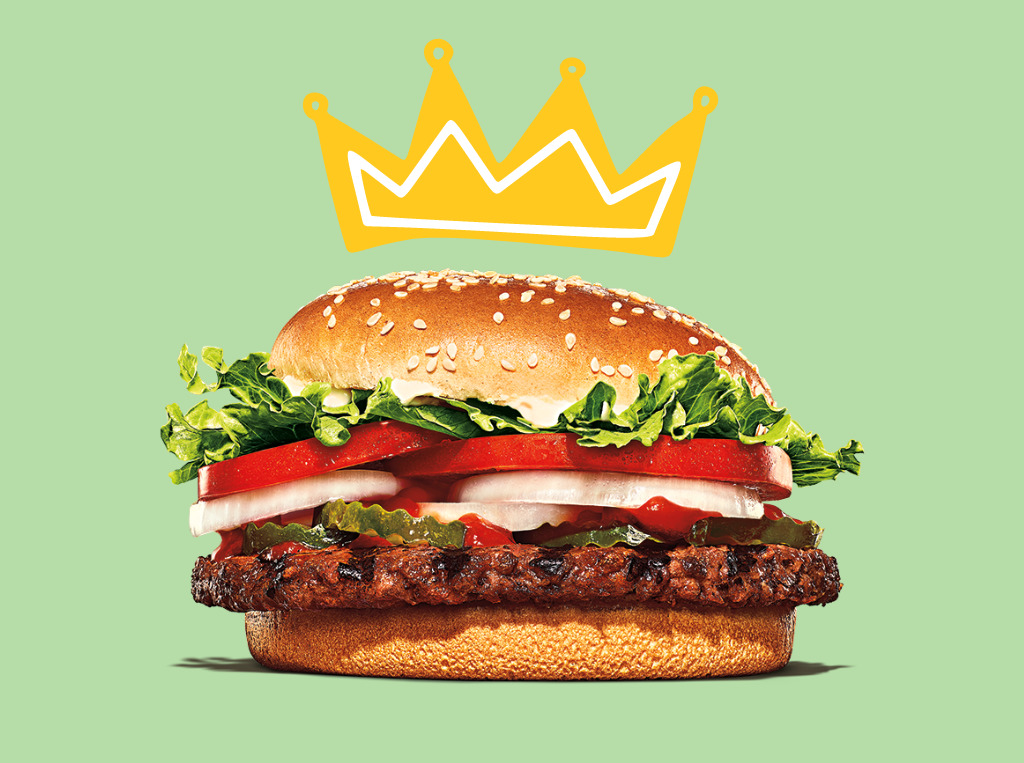
This isn’t the first time Burger King has put vegan options front and centre. In 2022, it conducted a trial at a store in Vienna, where customers were given plant-based options instead of conventional meat unless they specifically asked for the latter. And a year later, it made Oatly the default milk option at 10 locations in Germany for two months, at no extra cost.
In fact, the chain has turned over a dozen of its restaurants meat-free worldwide, starting with a site in Cologne, and including a highly publicised month-long experiment in London’s Leicester Square.
These exploits have led Burger King to be named the most vegan-friendly fast-food giant globally, coming out on top against McDonald’s, Subway, Pizza Hut and KFC.
Now, it’s extending that legacy with the move to remove dairy and embrace oat milk instead. Doing so at the same price is a crucial lever for consumer adoption, breaking the pattern of the dairy-free surcharge that coffee shops and foodservice companies face intense scrutiny for.
Consumer research has proven the efficacy of a ‘plant-based by default’ approach, with pricing named a priority strategy. A recent study revealed that changing the ratio of animal- and plant-based dishes in favour of the latter and listing only vegetarian or vegan options on the menu by default are effective techniques to nudge sustainable consumption.
“It’s a strong signal for the entire industry that Burger King Austria will be exclusively using Oatly Baristamatic in its coffee specialties. This step demonstrates that plant-based drinks are no longer just an option, but can become the new standard, without compromising on taste or functionality,” said Oatly’s Griesebner.
“In this way, we are strengthening our pioneering role in the German-speaking market and are pursuing our goal of making the switch to oats as easy and attractive as possible.”
The post Burger King Austria Ditches Dairy for Oatly’s Oat Milk in All Hot Drinks appeared first on Green Queen.
This post was originally published on Green Queen.

